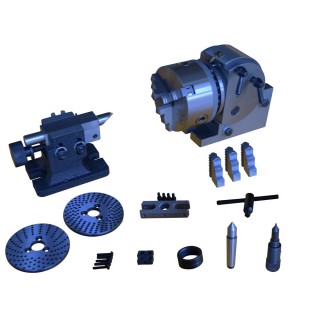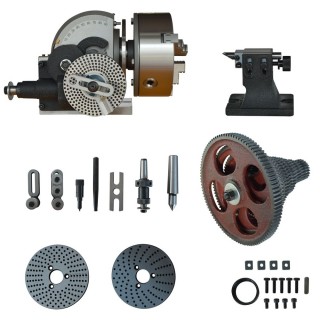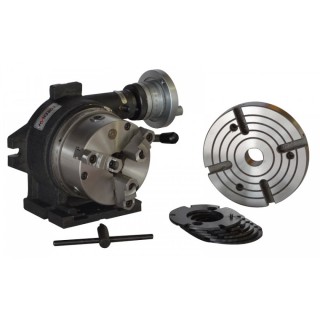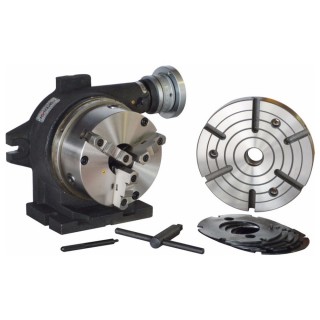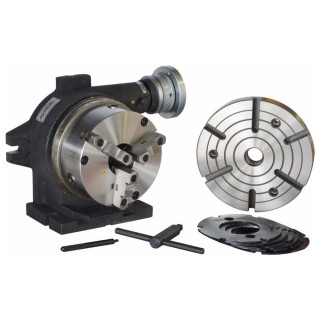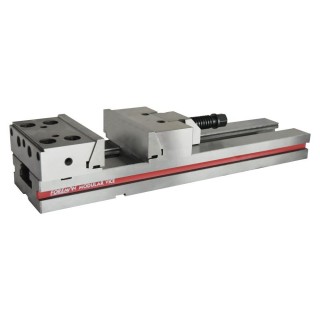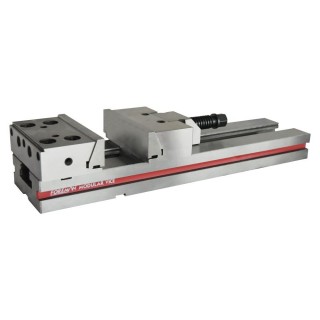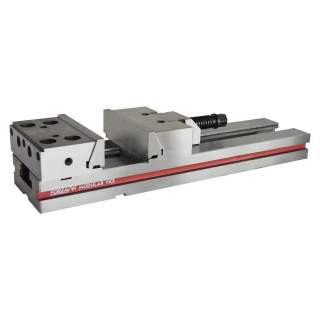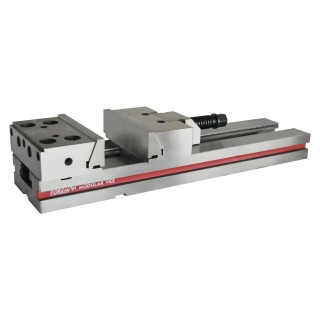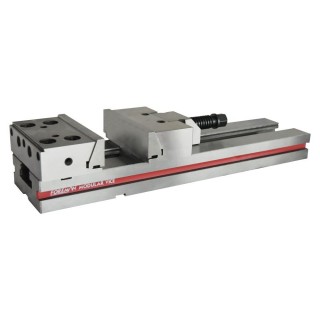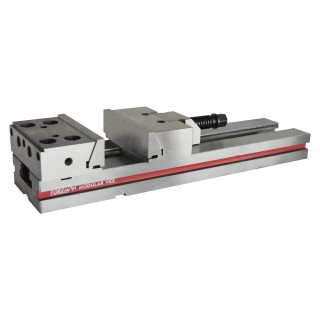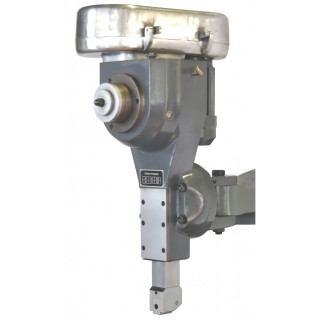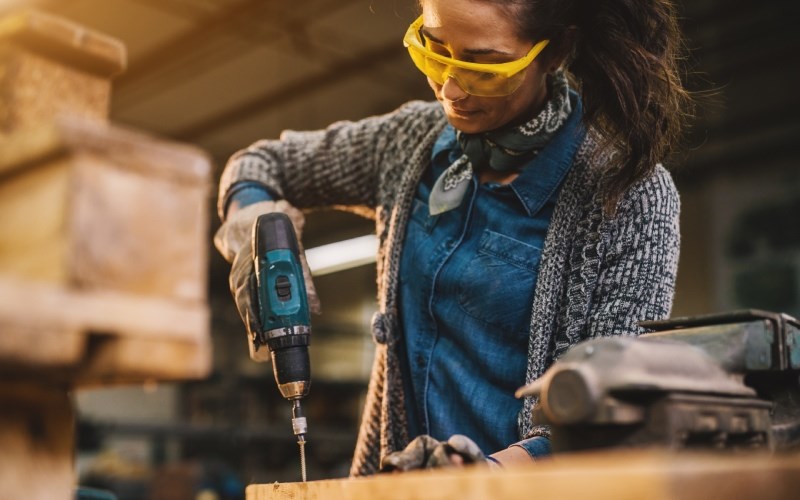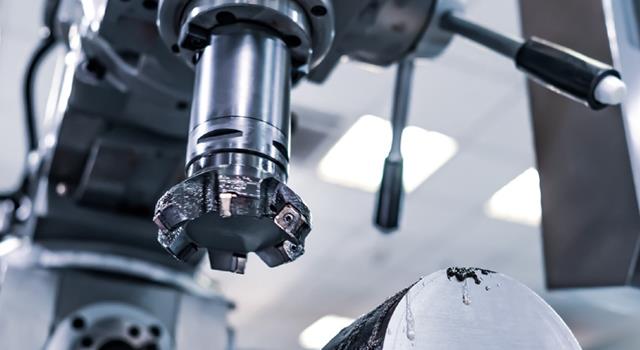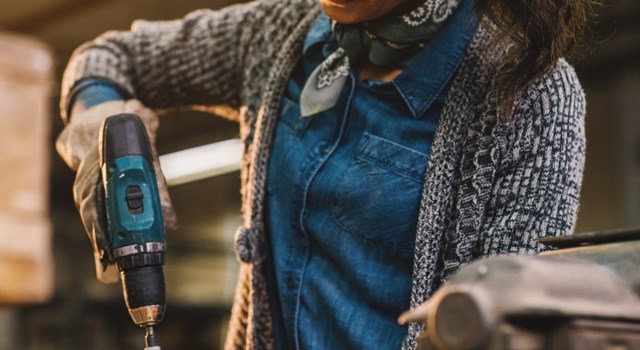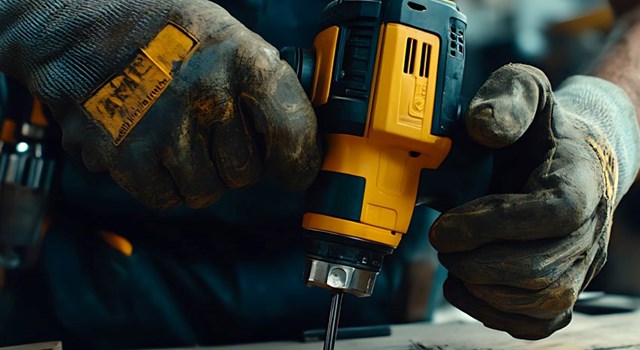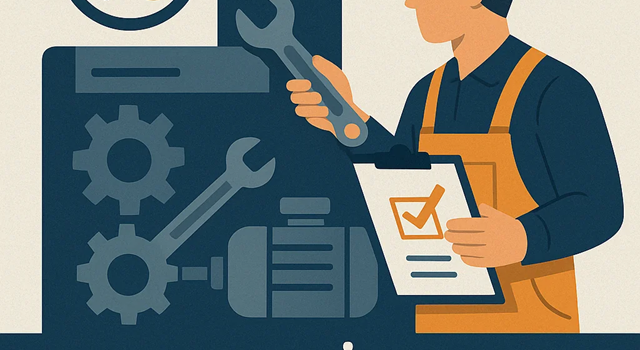Drills are powerful tools that are widely used from industrial production to home workshops. However, when used carelessly, they can lead to serious work accidents. To ensure both user safety and to maintain the performance of the equipment, some basic rules must be observed.
Here are 10 safety rules to follow to avoid hazards when working with a drill:
1. Start with Choosing the Right Tip
The drill bit should be selected according to the work and the type of material. Choosing the wrong bit when working on hard surfaces not only shortens the life of the drill but also increases safety risks.
2. Make Sure the Tip is Positioned Correctly
Check that the drill bit fits snugly in the barrel and the bit should be inserted firmly so that it will not deflect during operation.
3. Remember to Power Down the Drill
When changing bits or making any adjustments, make sure that the drill is unplugged or the battery is removed.
4. Secure Parts
The parts to be drilled must be fixed and especially small parts must not be held by hand without being clamped. Otherwise, the part may fly out and cause serious injuries.
5. Avoid Excessive Force
It is dangerous to force the drill on hard ground. Work at appropriate speed and constant pressure, and reduce speed or cool down if necessary.
6. Use Additional Handles
It may become difficult to control the drill in continuous or high force work. In this case, a second handle should be used and two hands should be used.
7. Eye and Face Protection Essential
Protective goggles or face shield must be worn against sparks, chips or particles that may occur during operation.
8. Check the Sharpness of the Tips
Dull drill bits not only make the work more difficult but also invite accidents because they require too much force. Bits should always be sharp and clean.
9. Beware of Cables
When using an electric drill, it should be ensured that the cable does not come into contact with the working area and the cables should be checked for fraying or insulation damage before each use.
10. Do Not Block Ventilation
Make sure that the drill's ventilation holes are open and not blocked with dust. Otherwise, the motor may overheat and performance may decrease.
Safety when using a drill is not only about personal protection, but also about the quality of the work and the life of the equipment. By following these 10 basic rules, you can prevent accidents and increase your productivity.
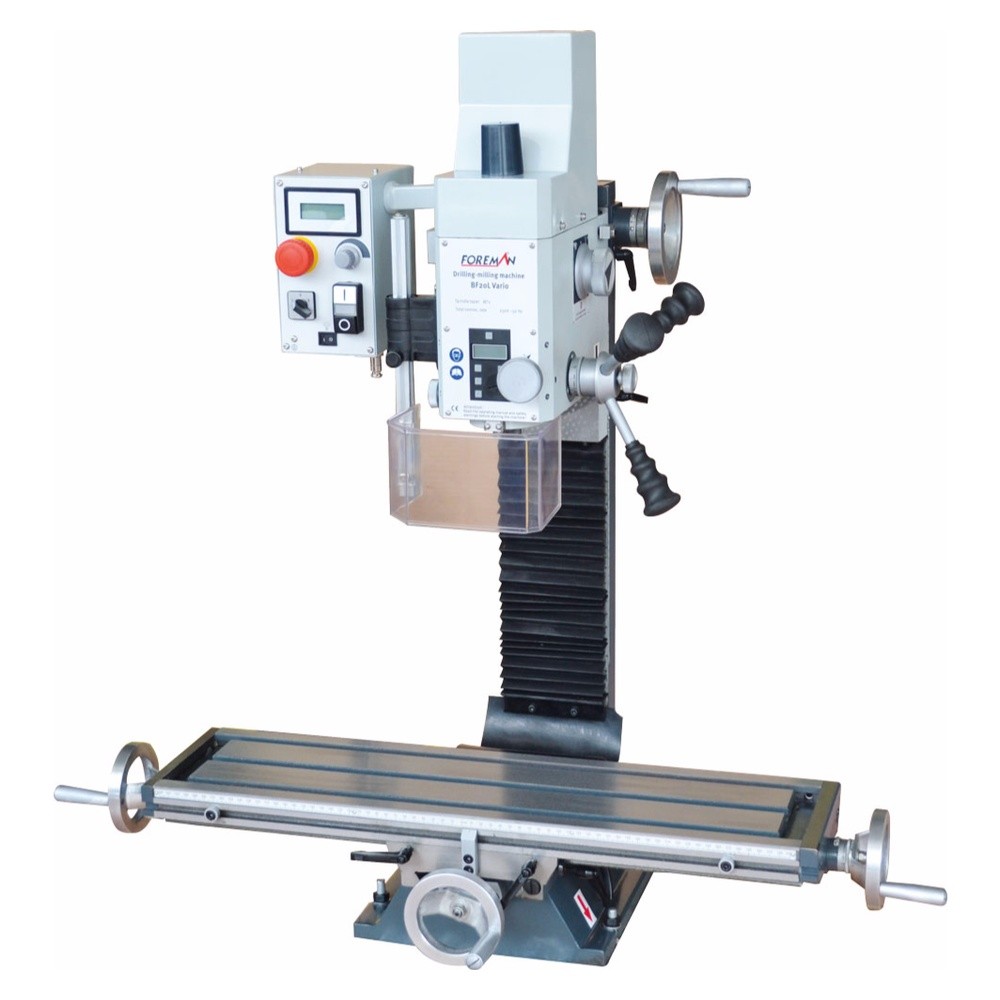
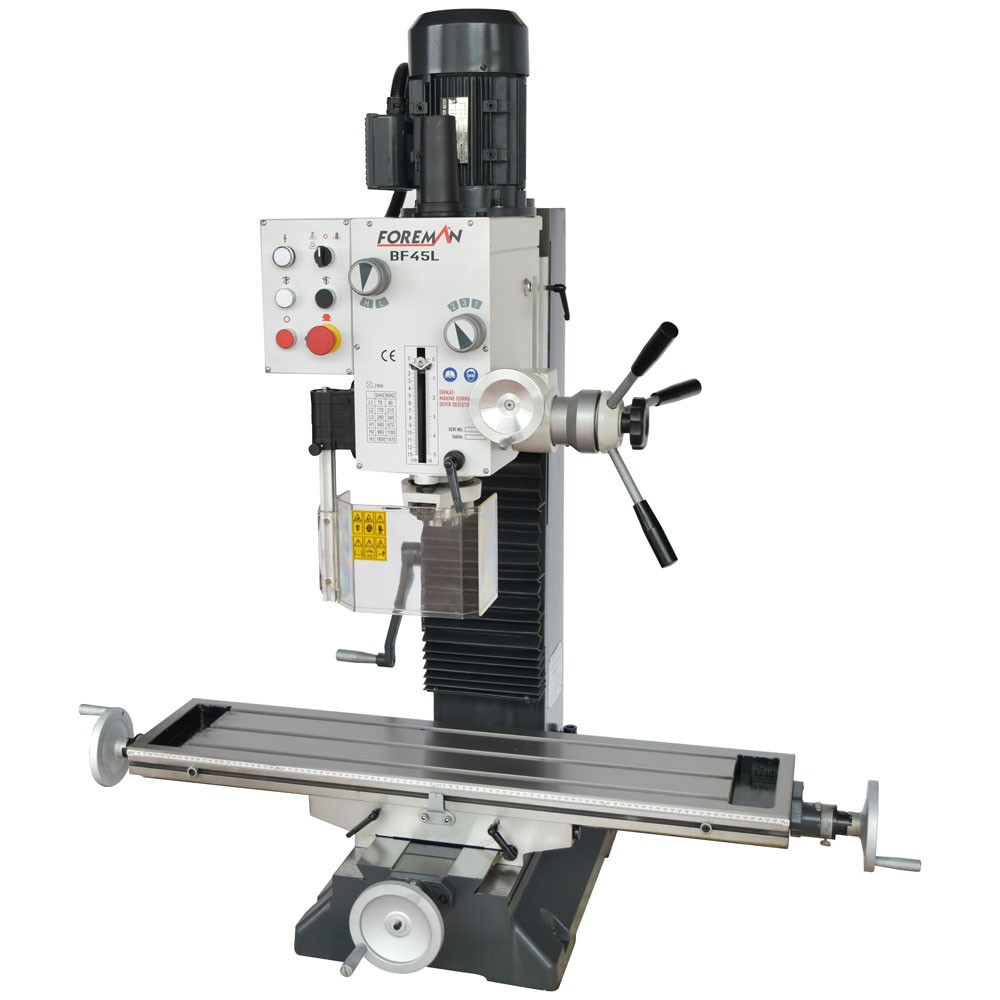
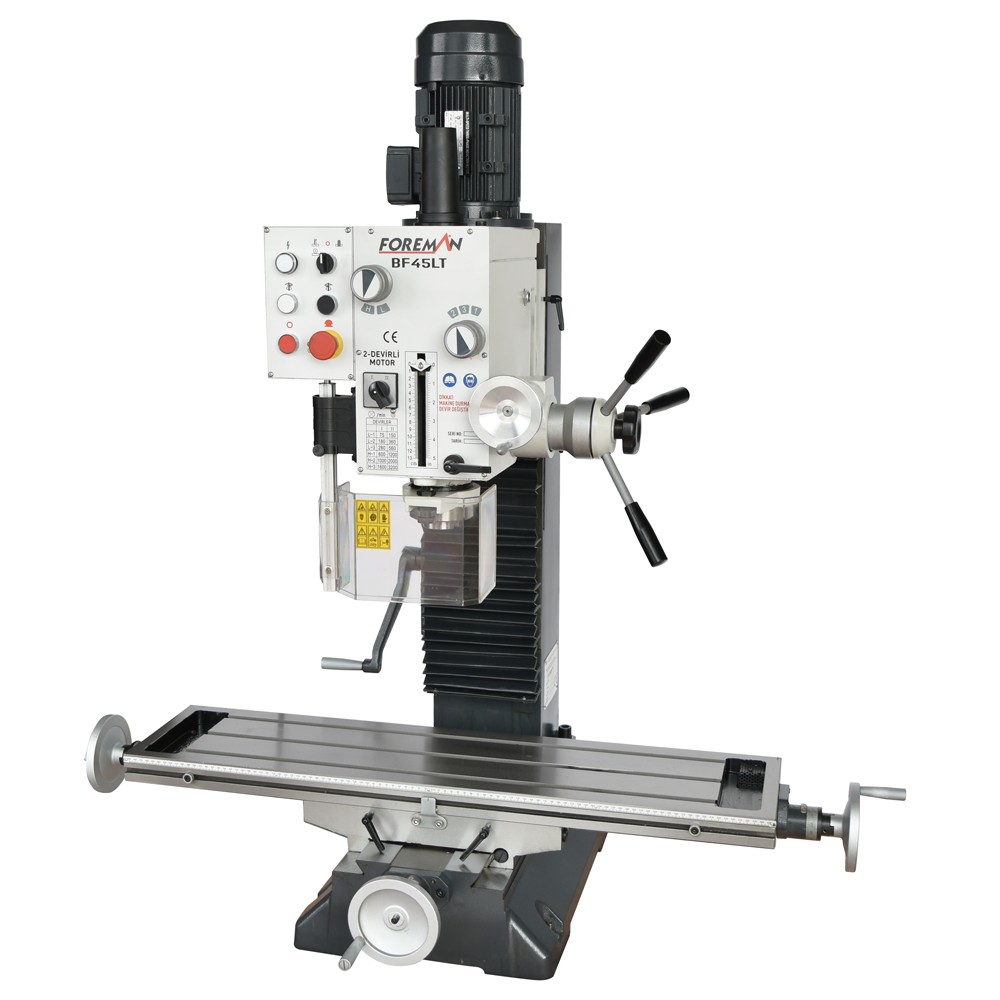
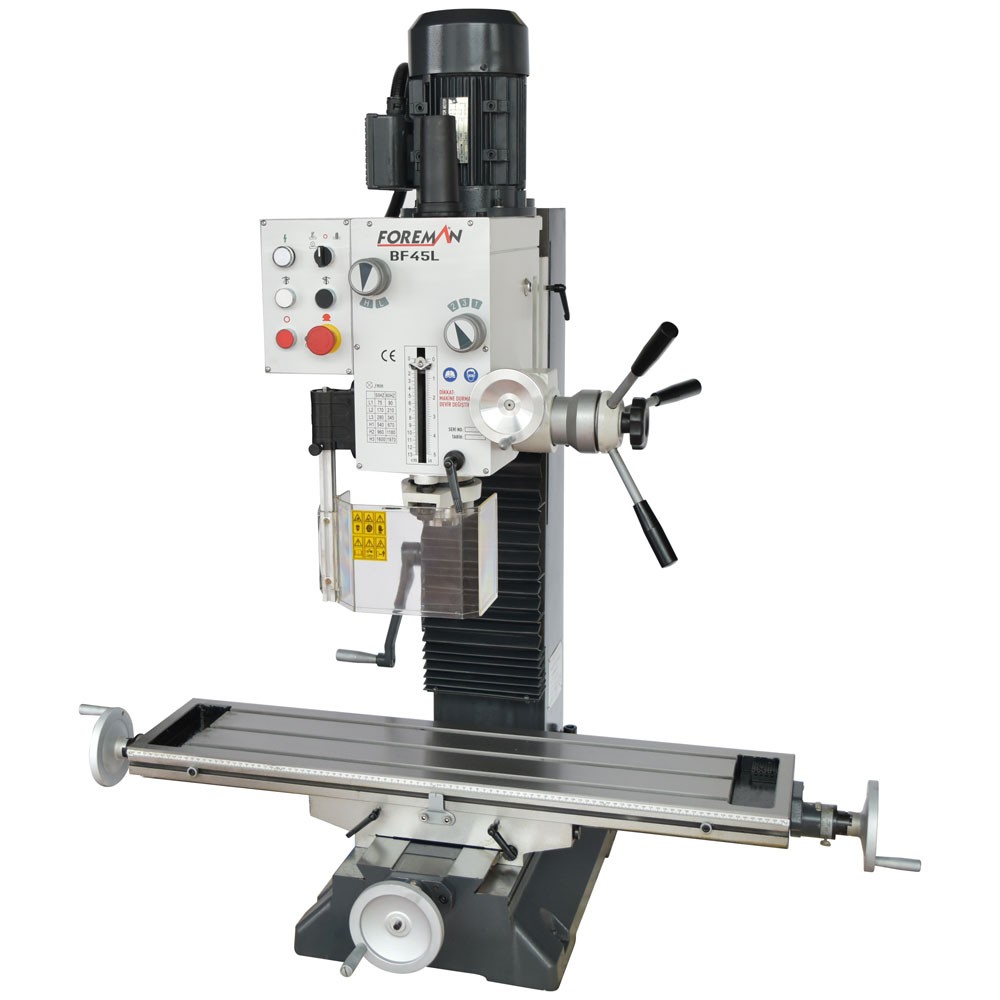
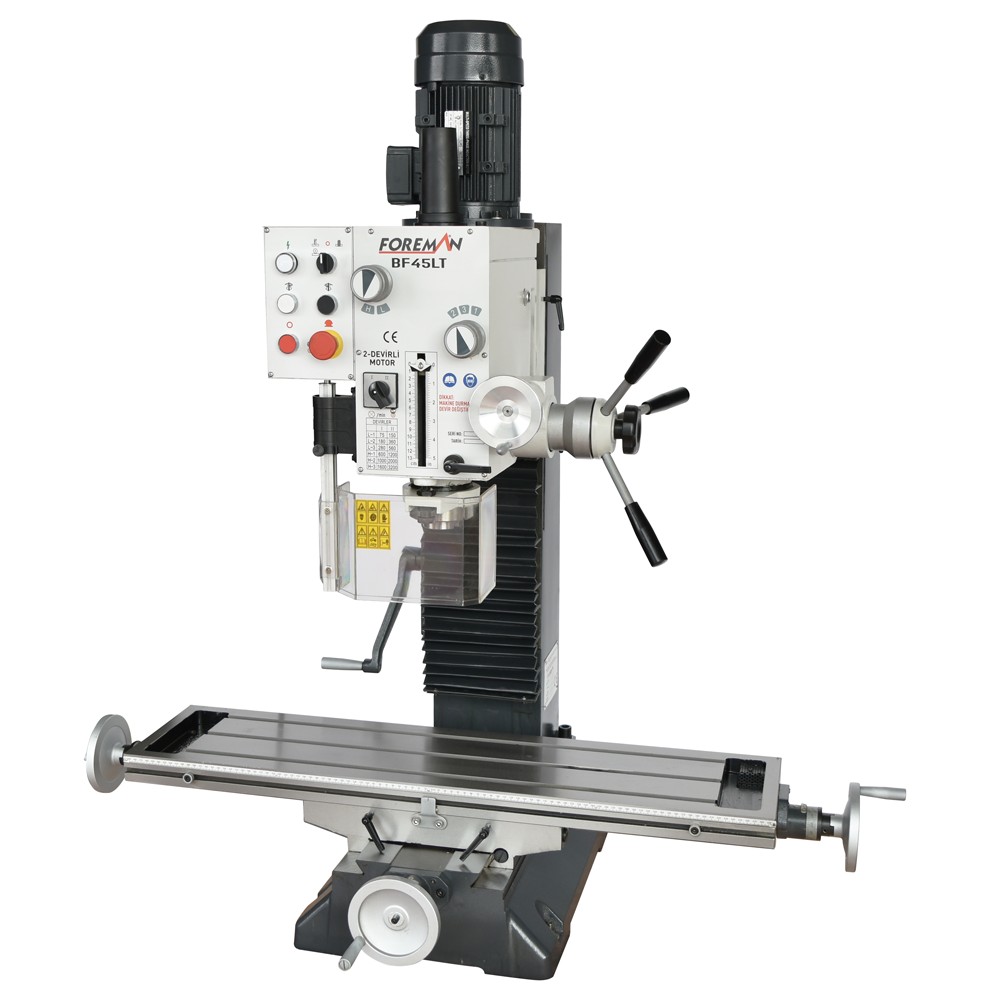
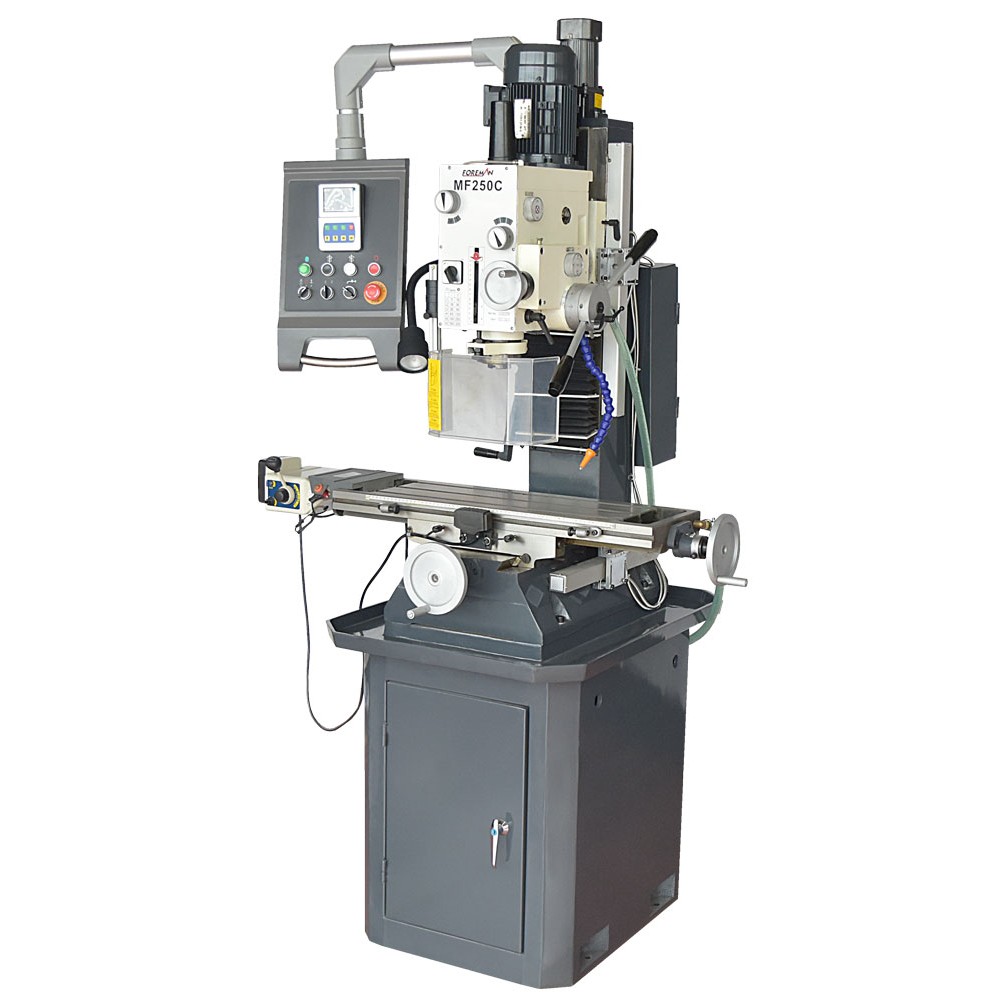
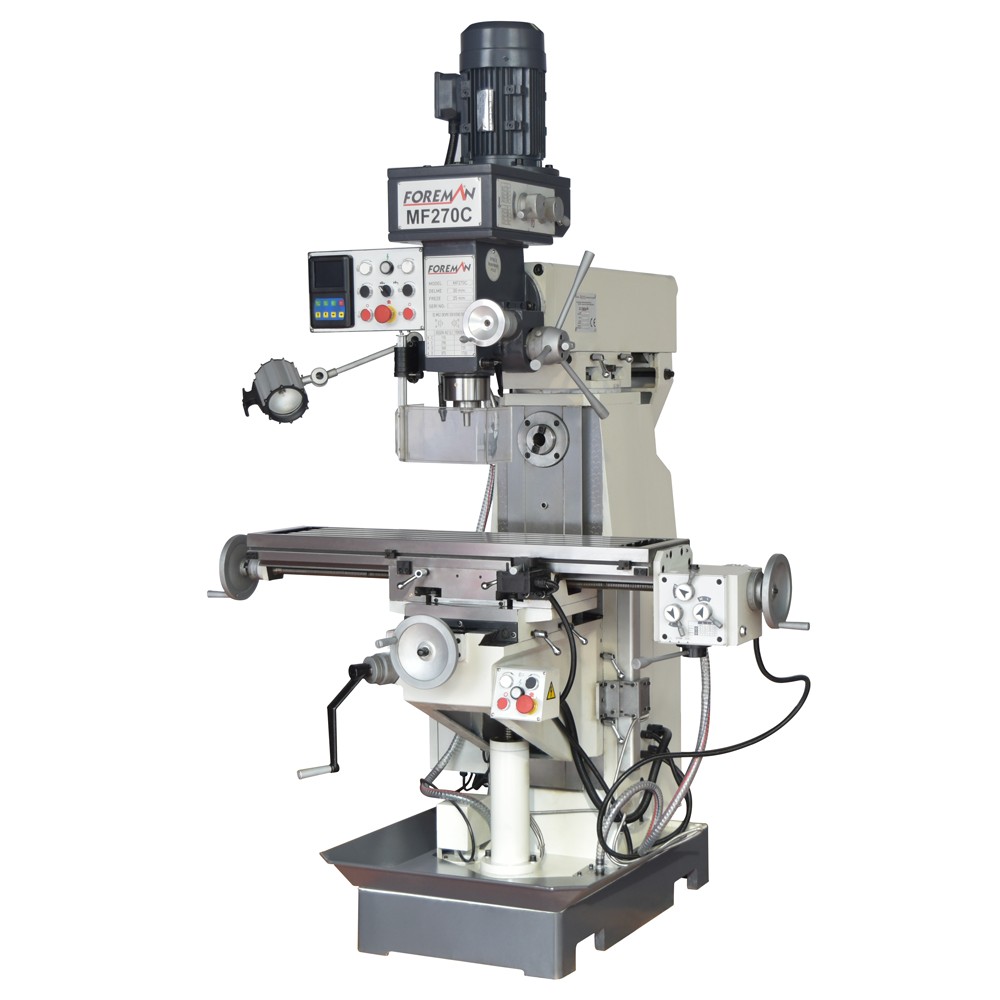
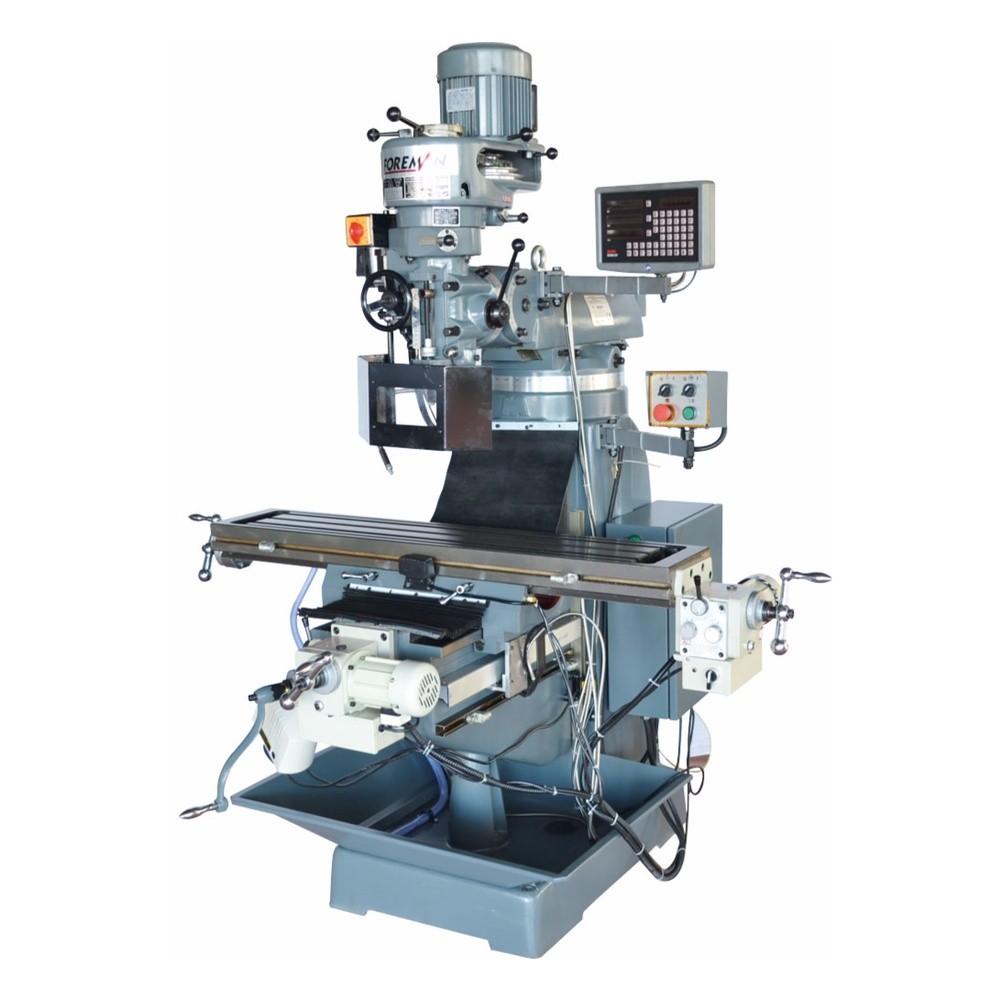
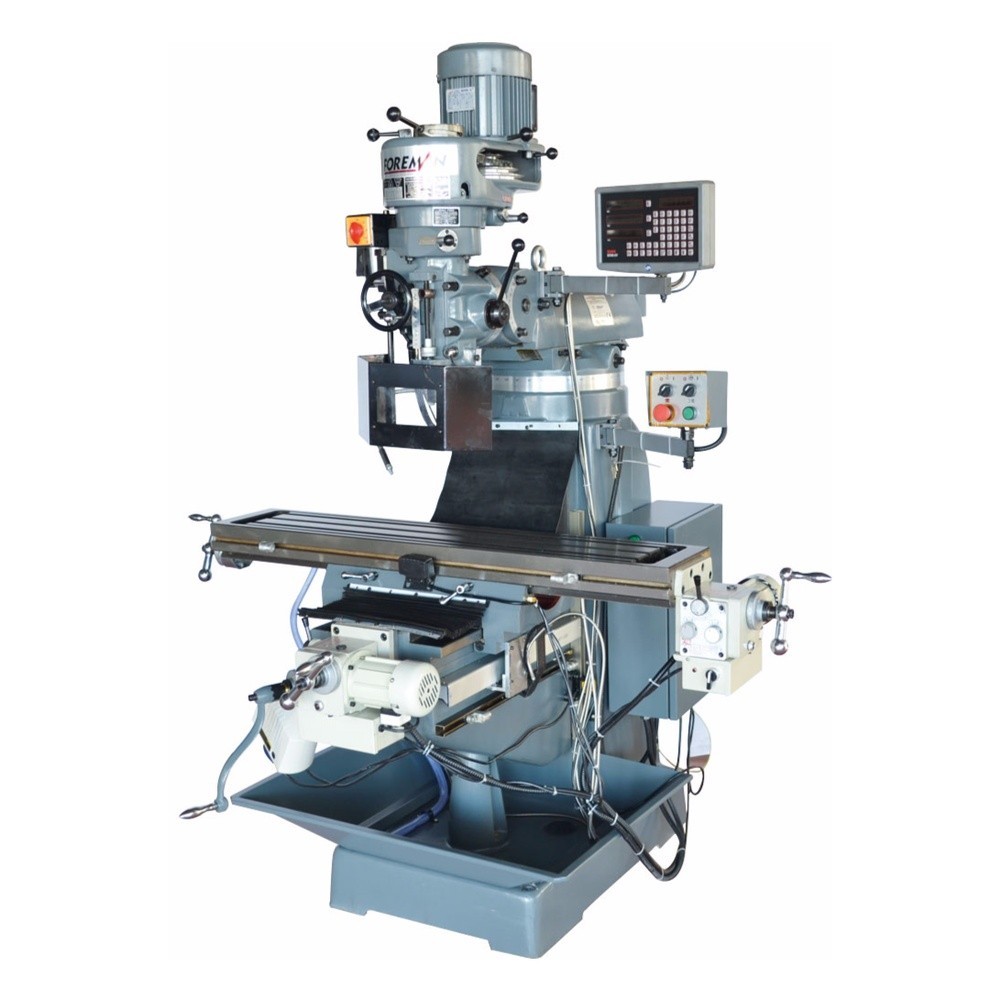
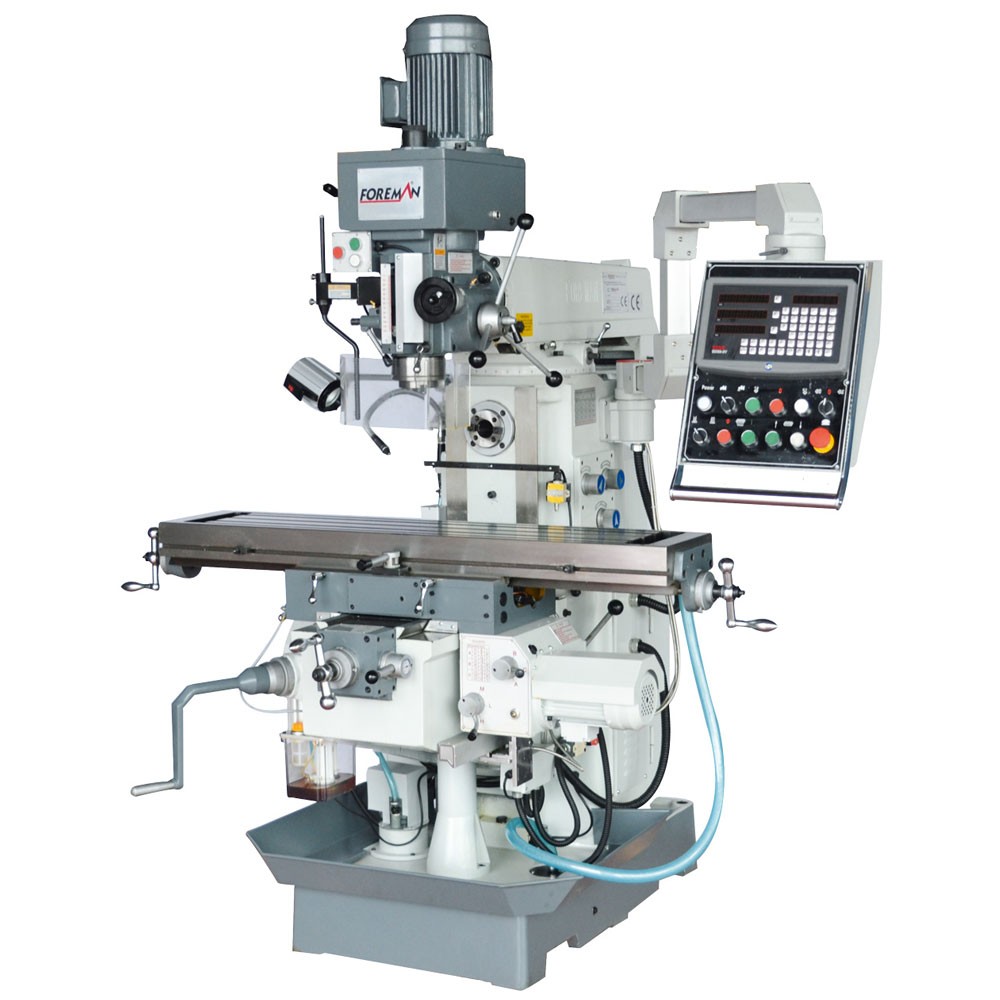
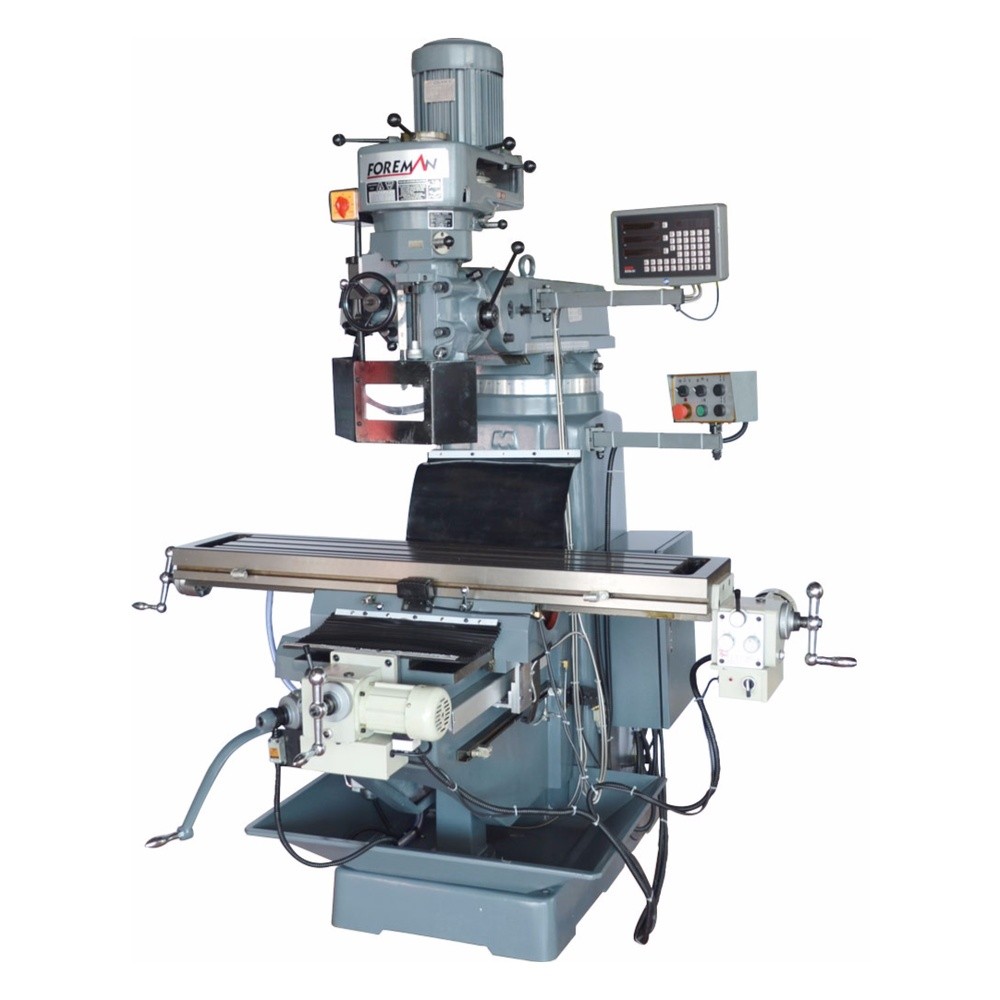
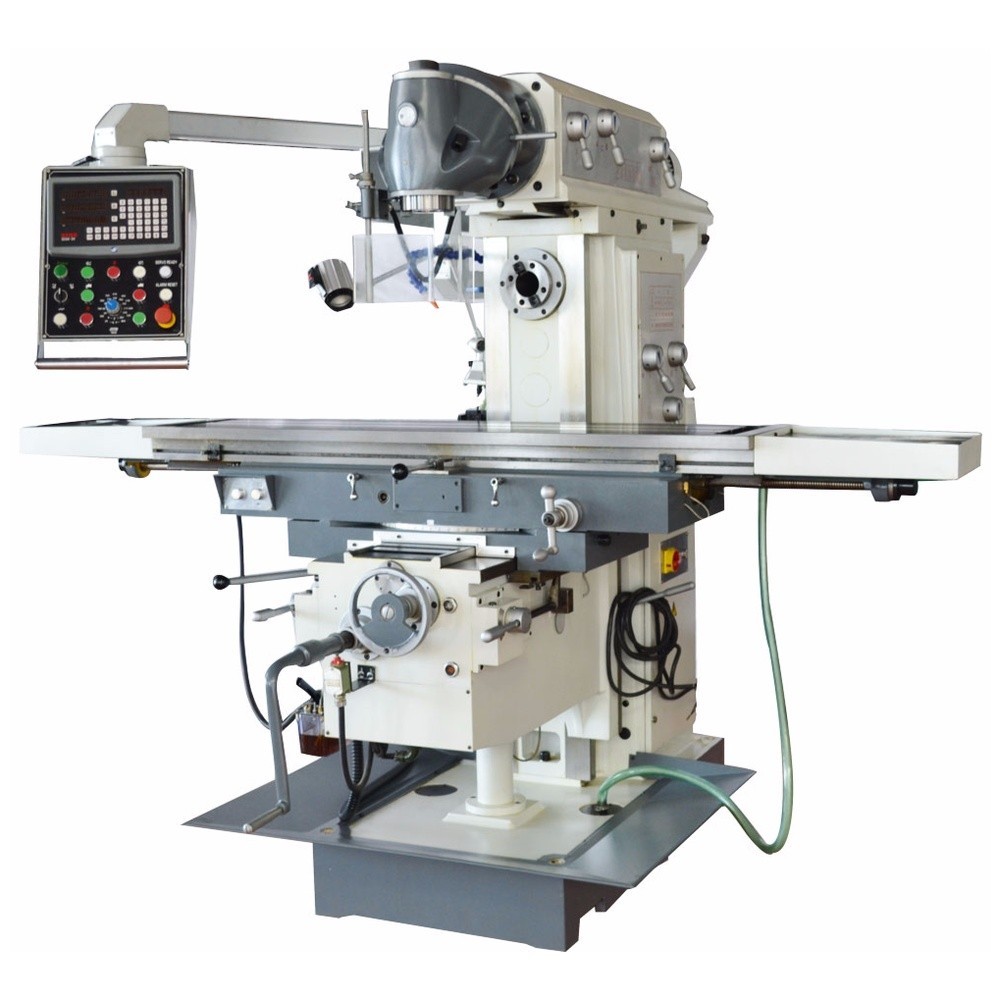
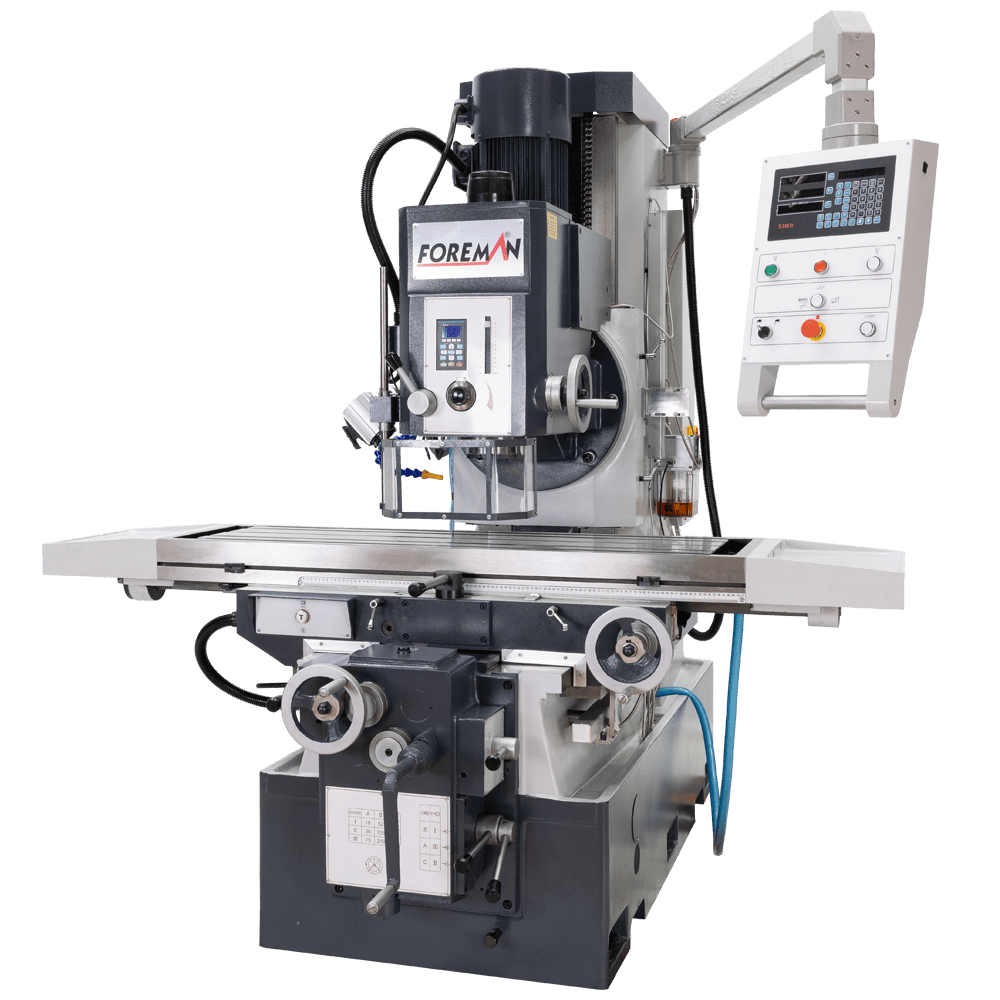
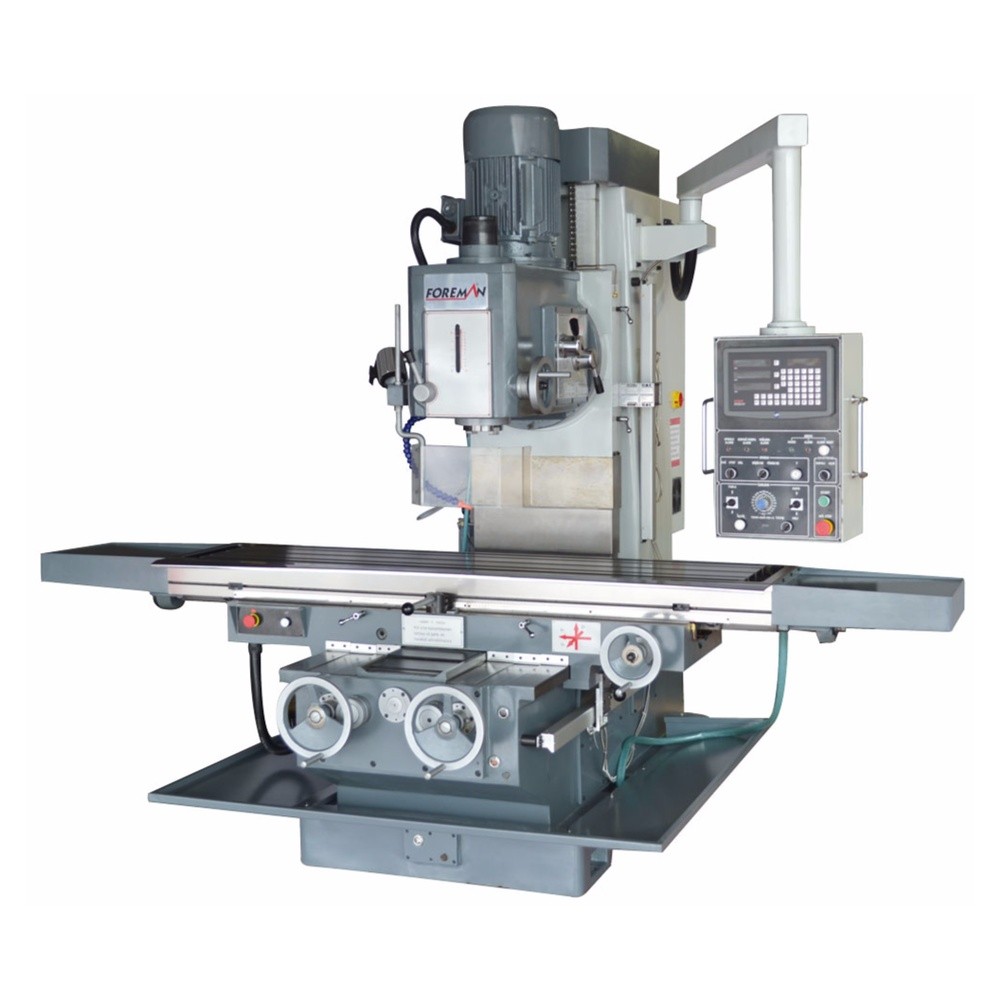
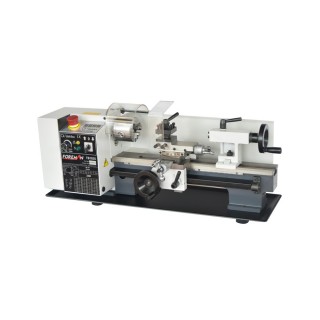
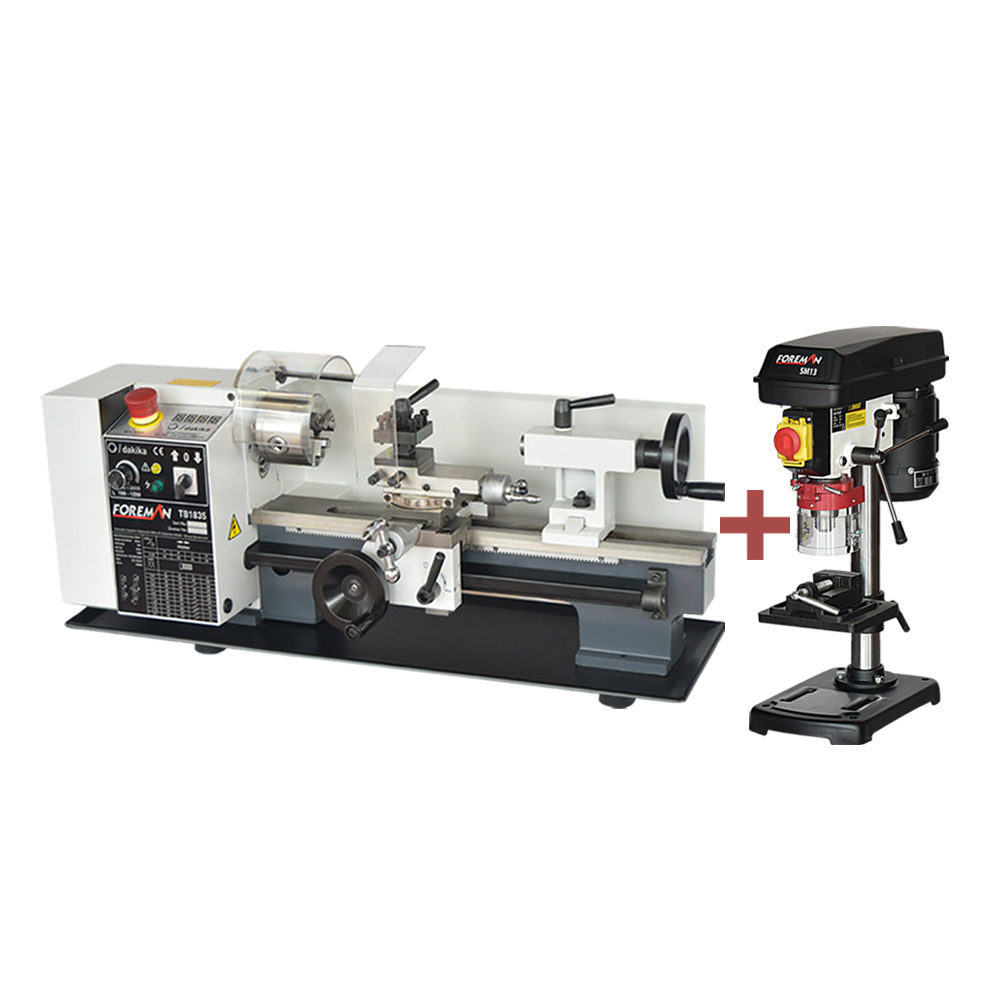
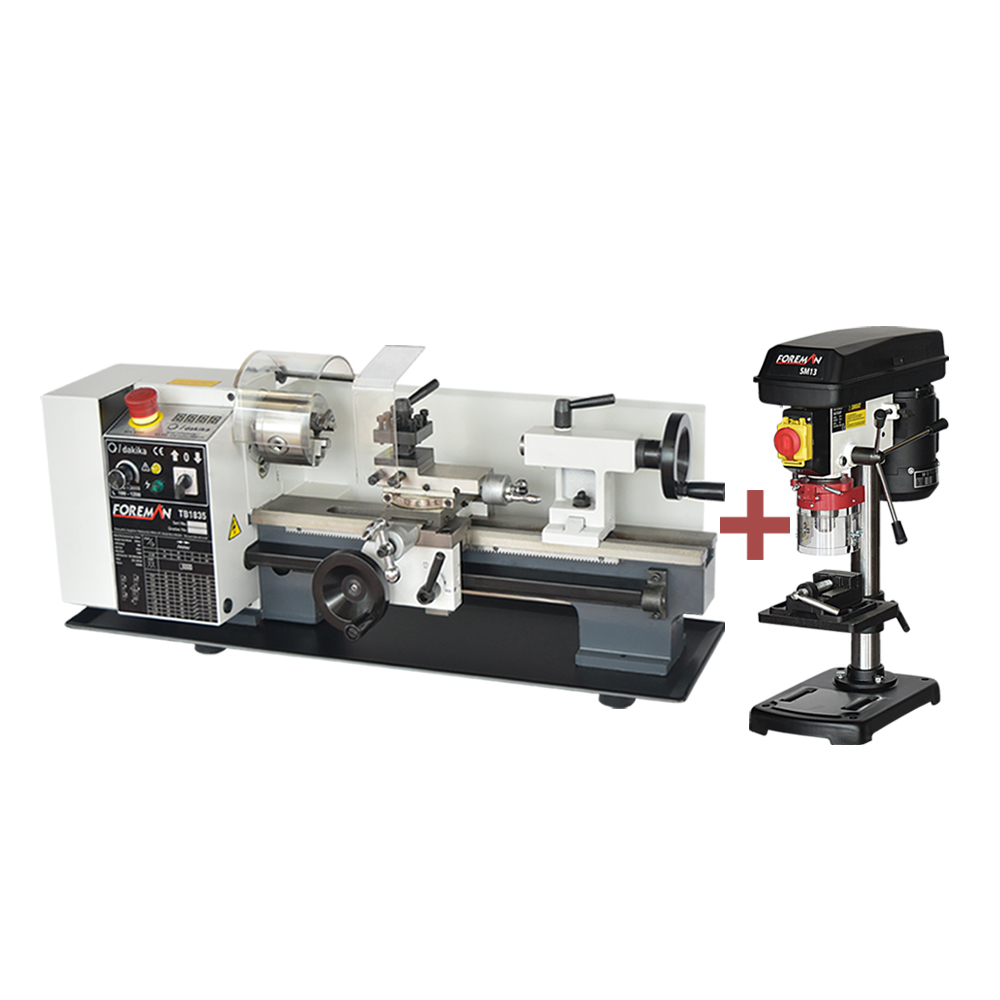
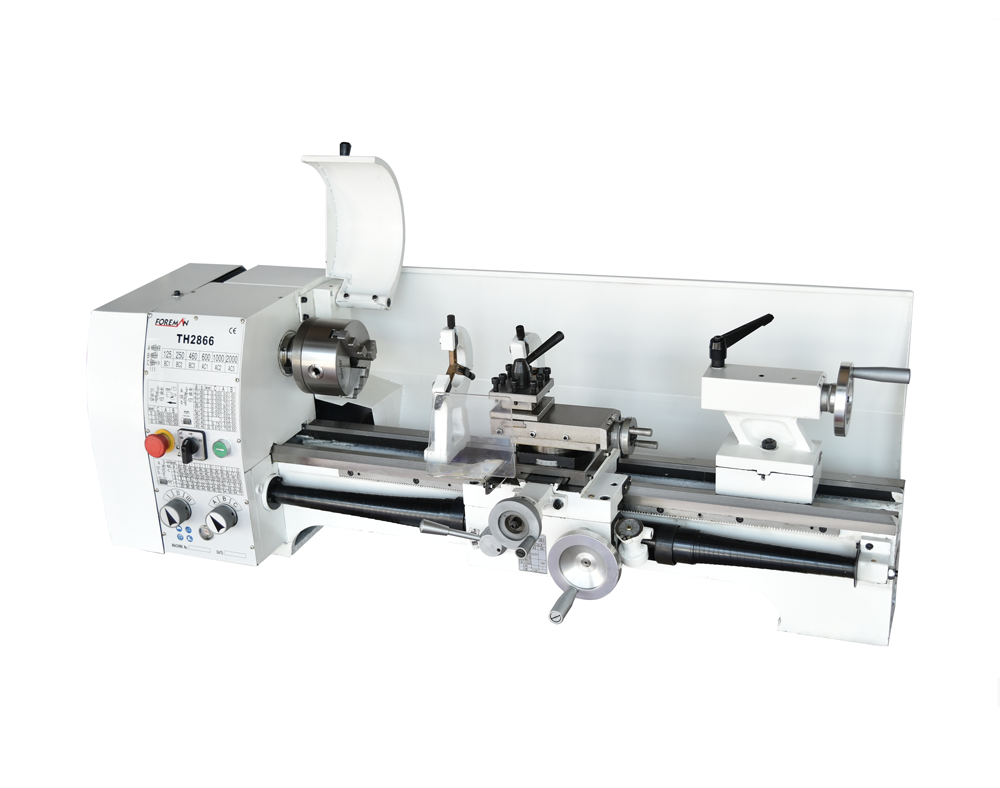
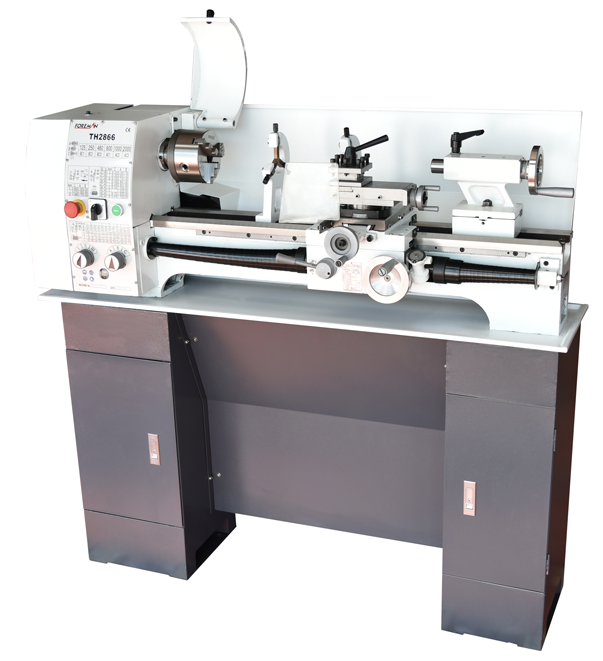
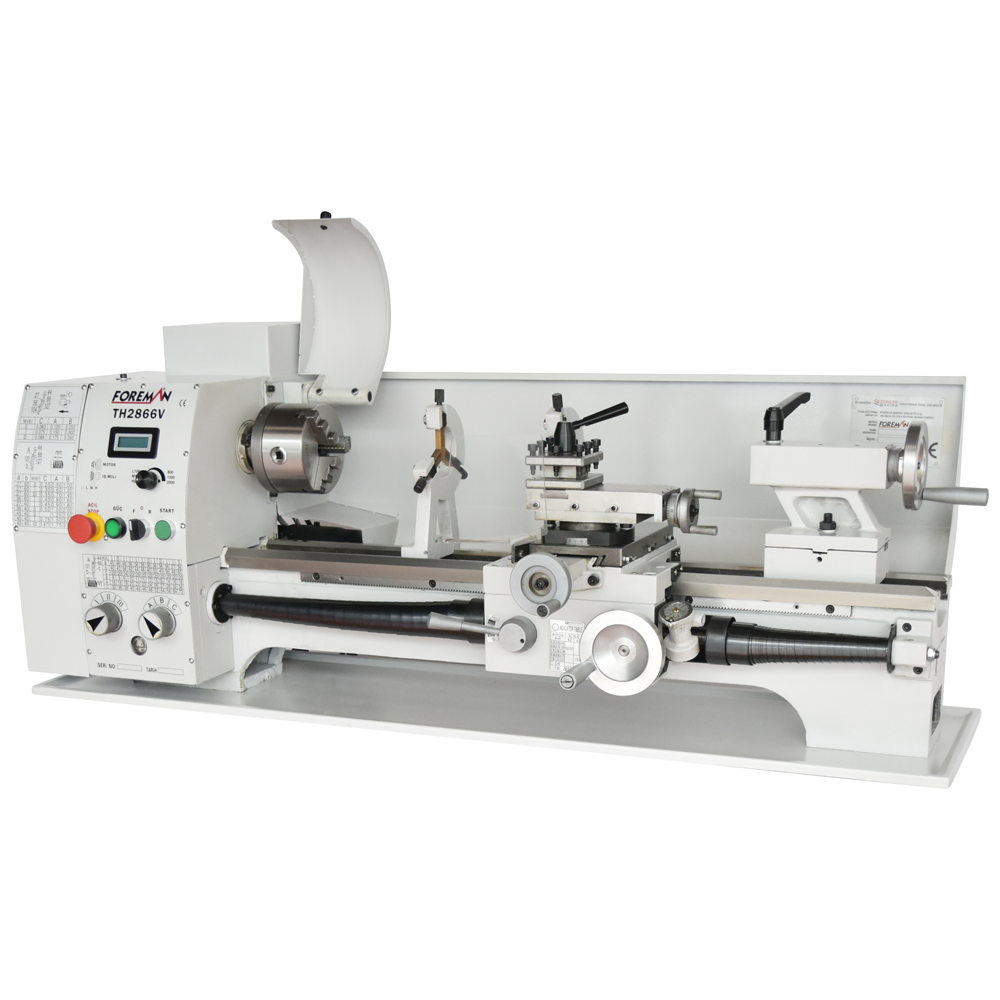
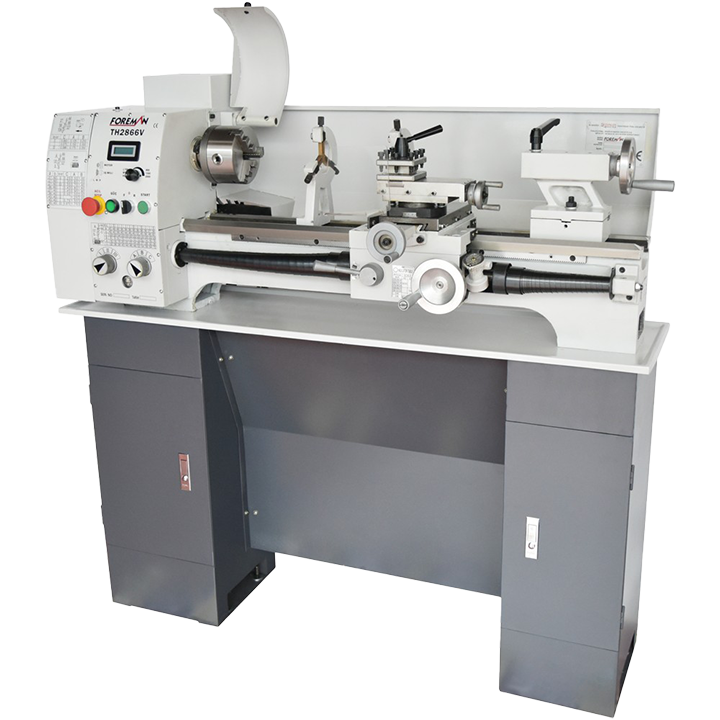
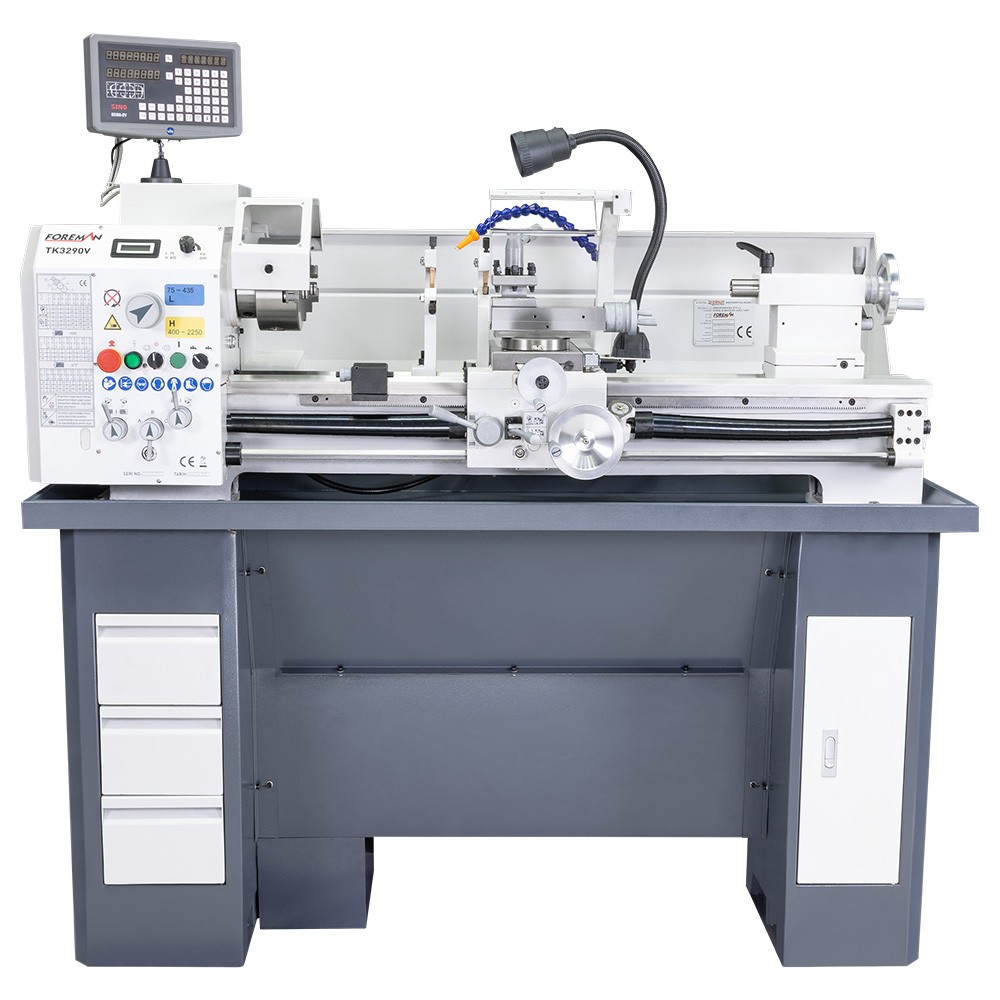
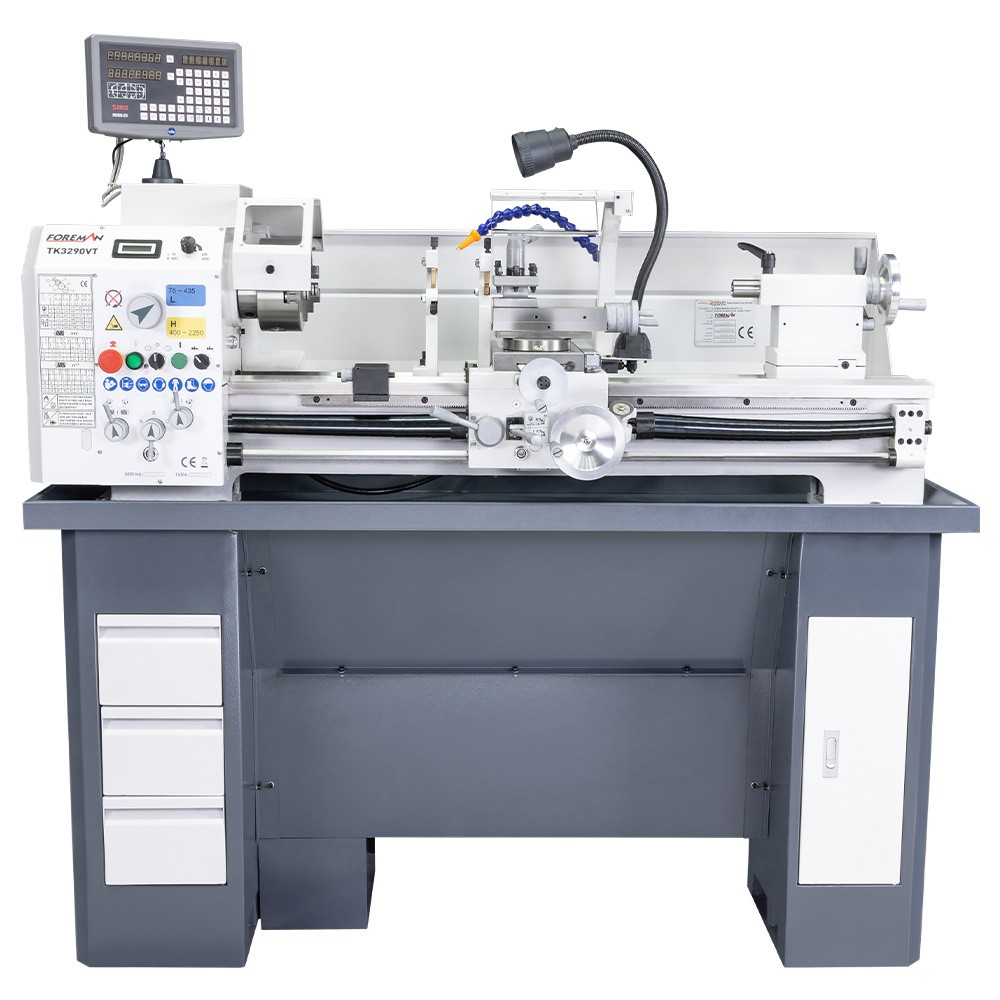
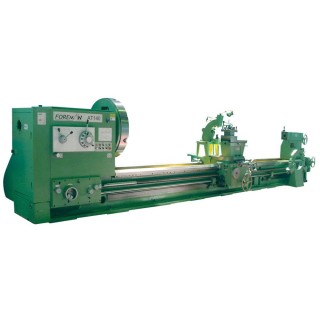
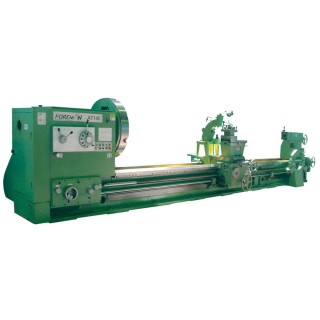
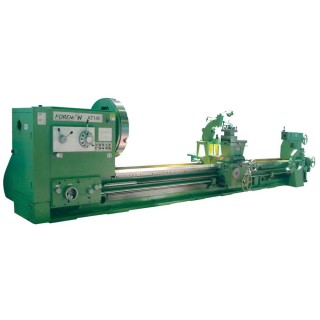
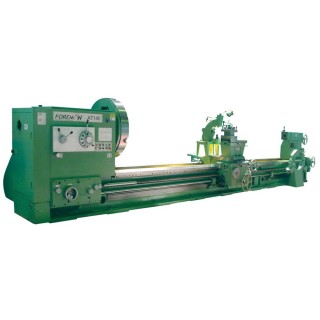
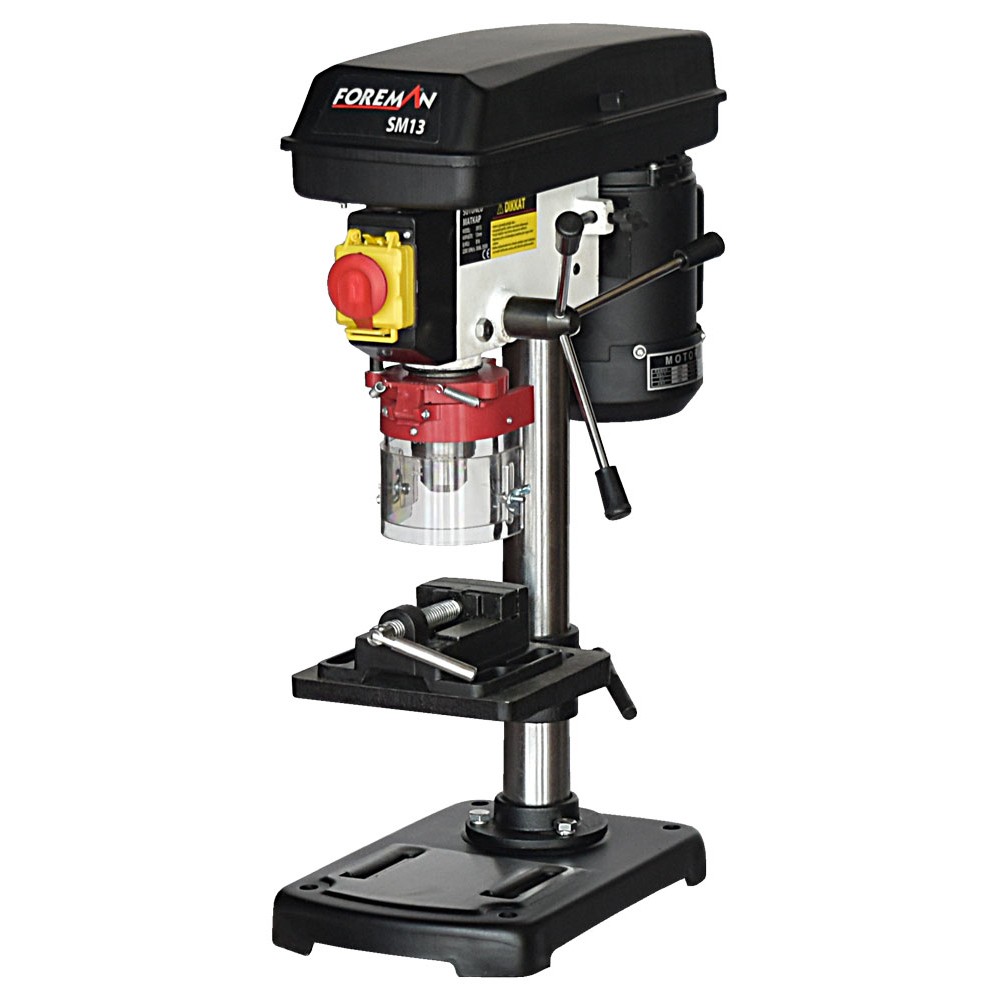
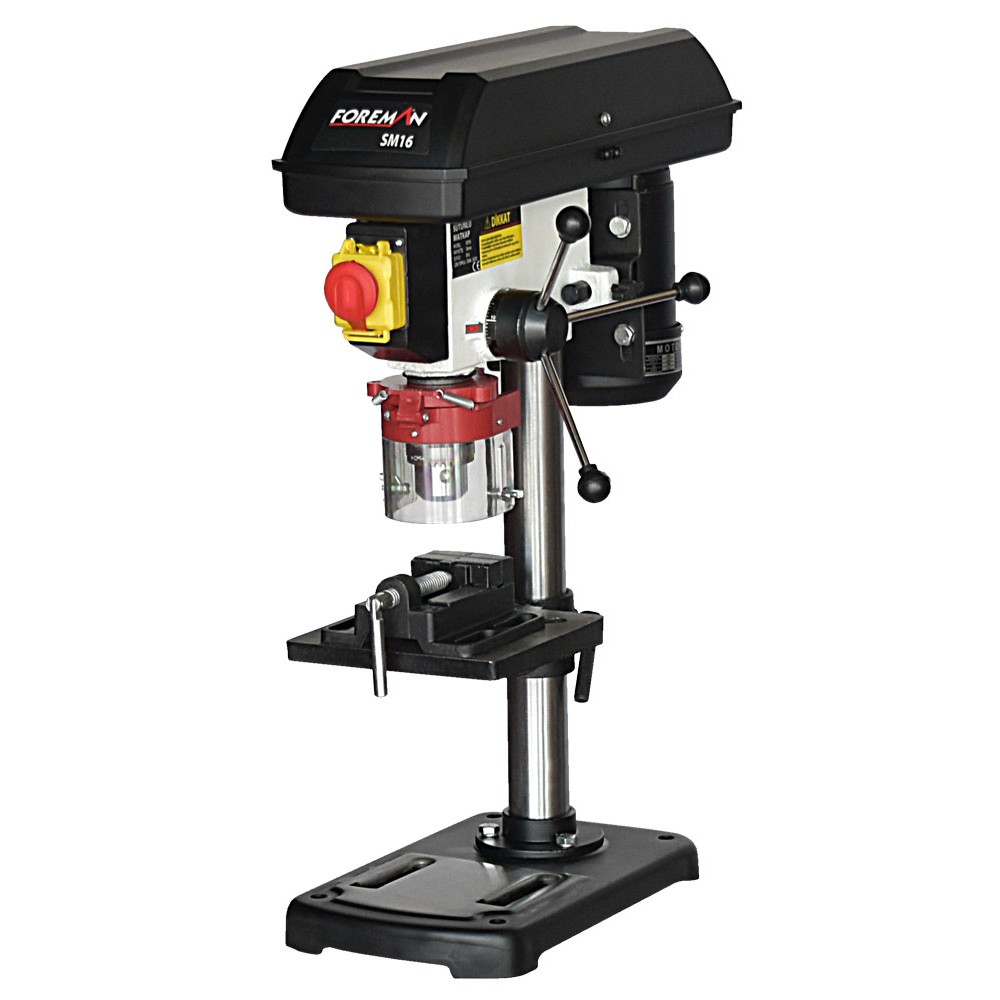
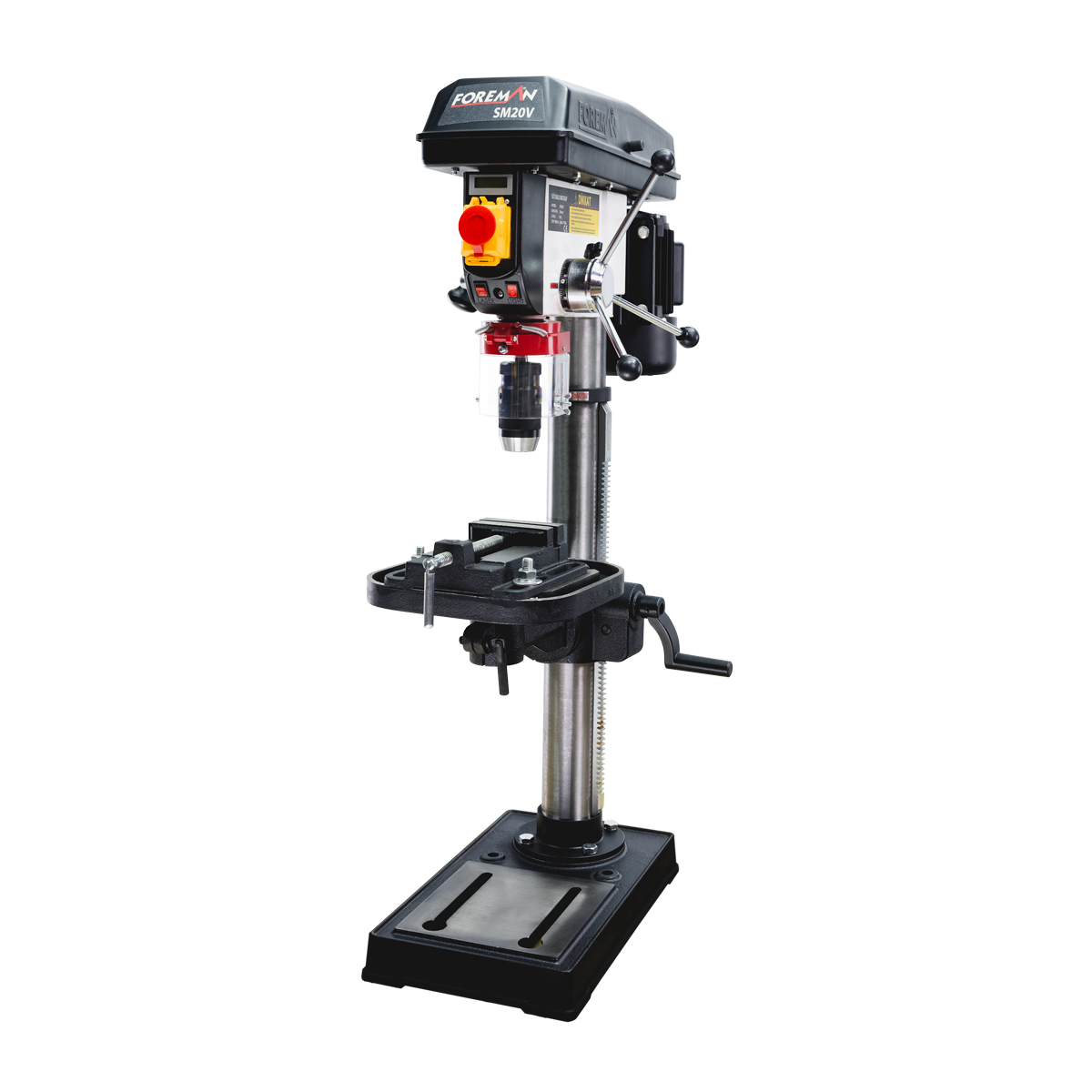
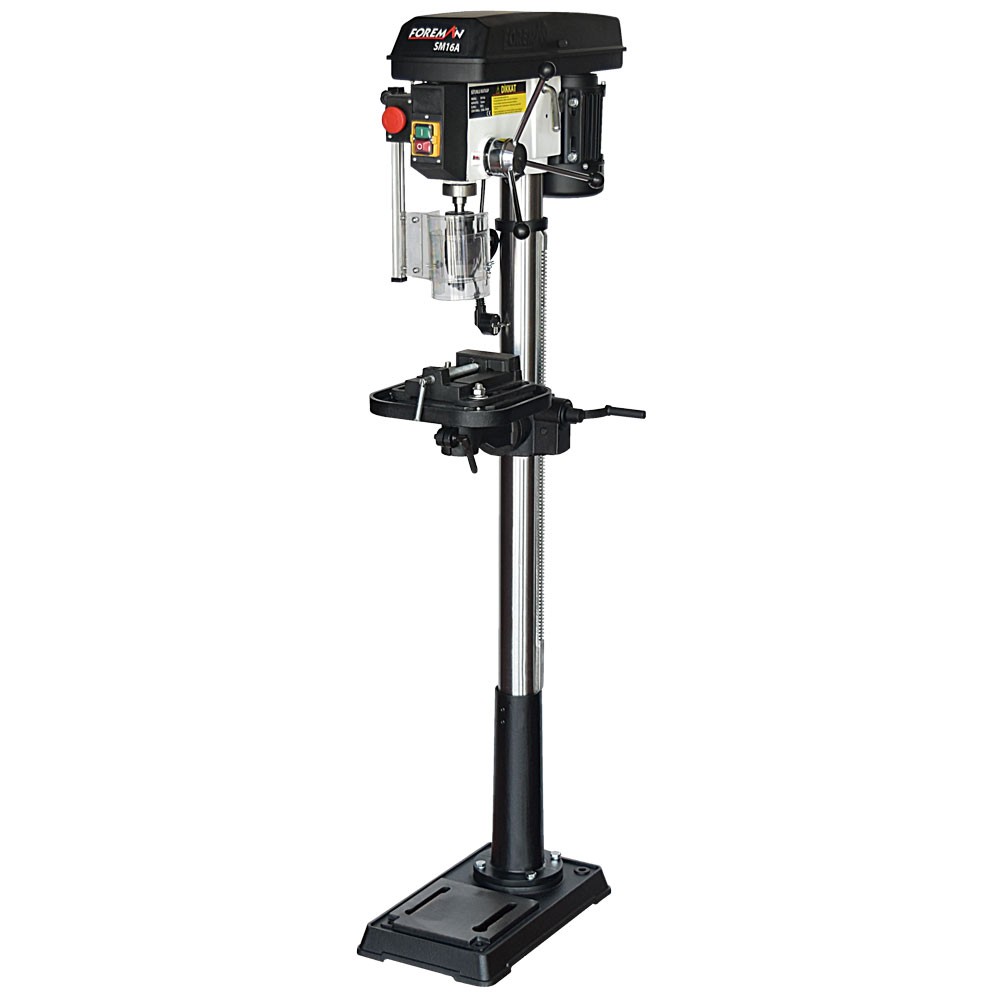
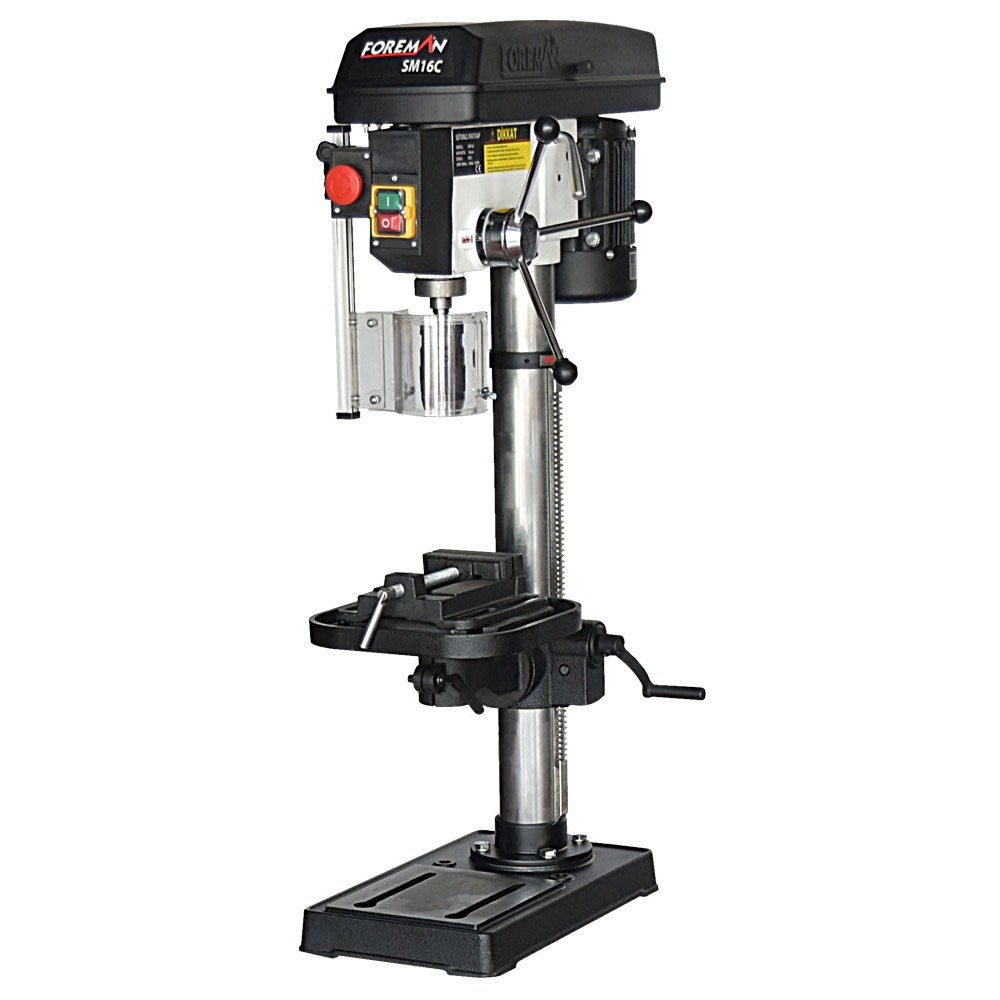
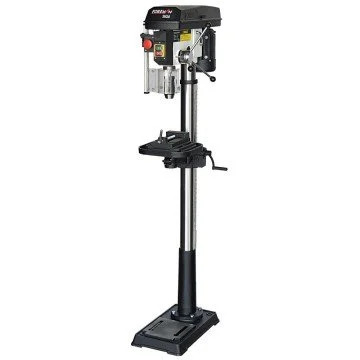
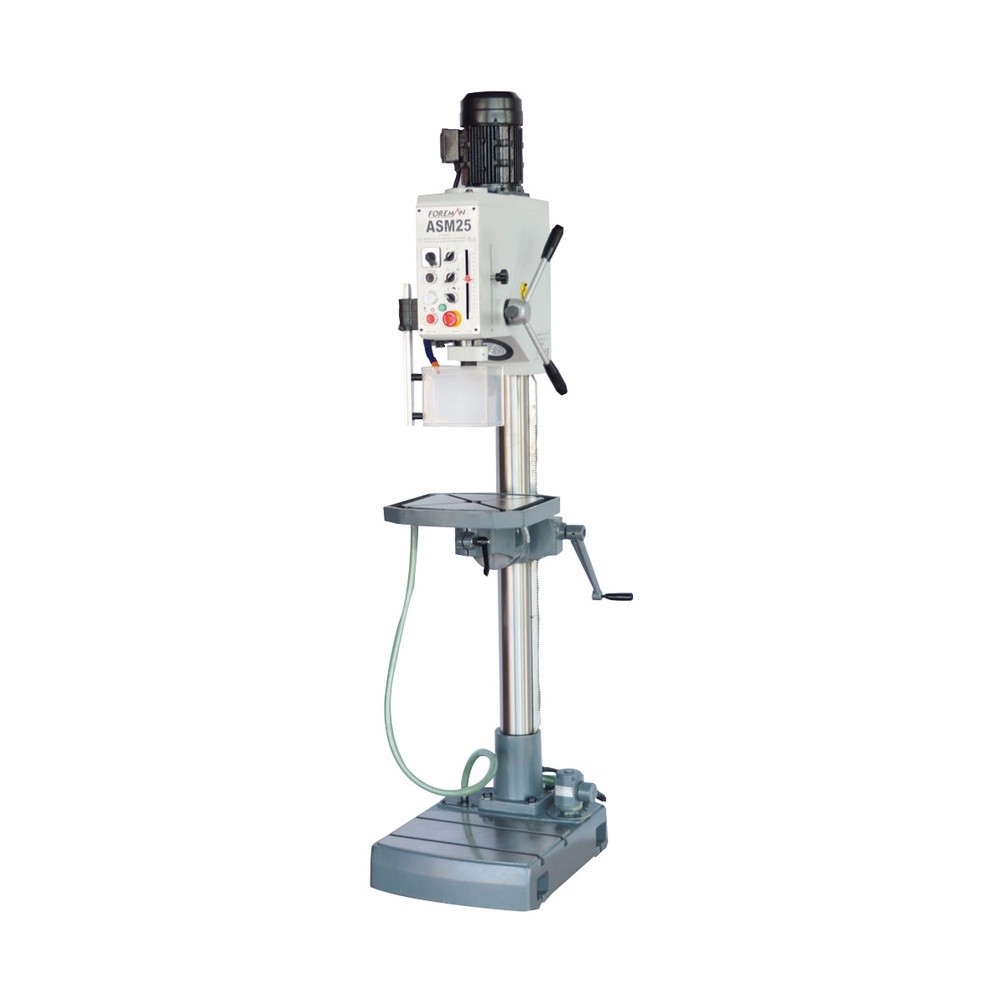
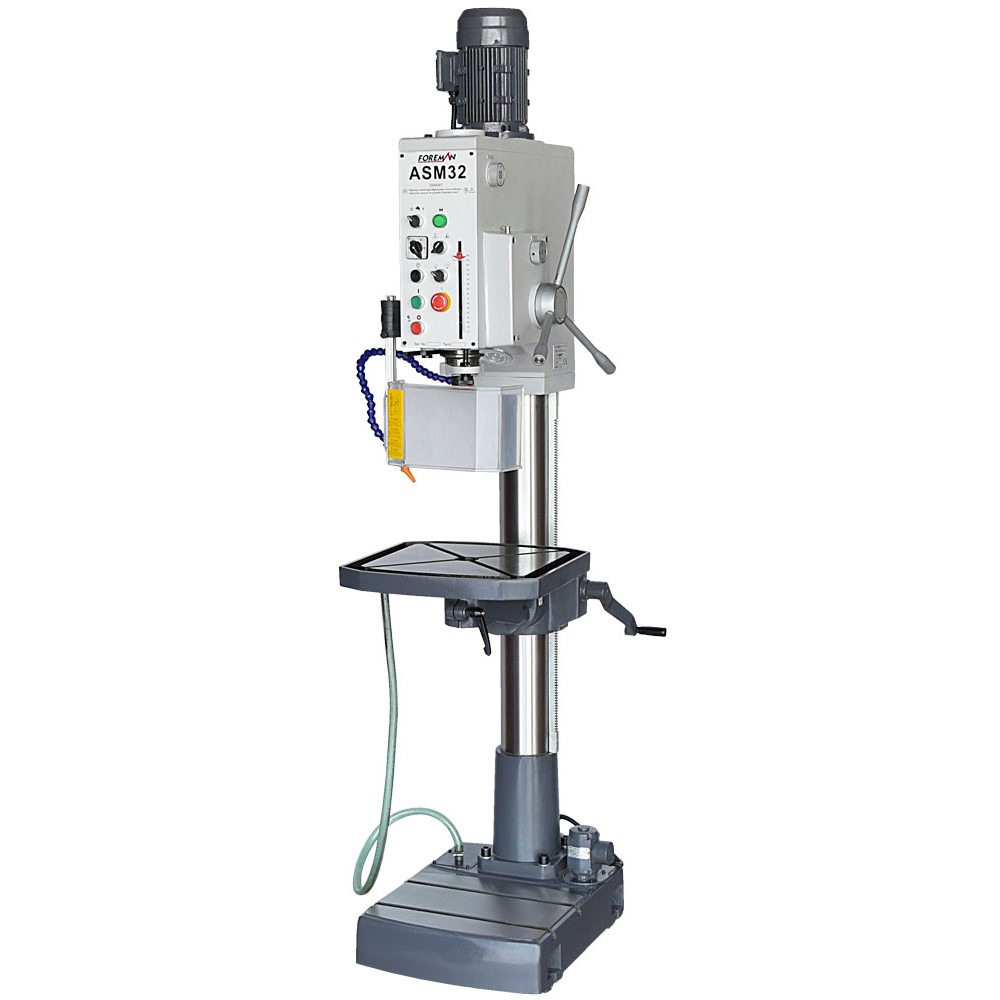
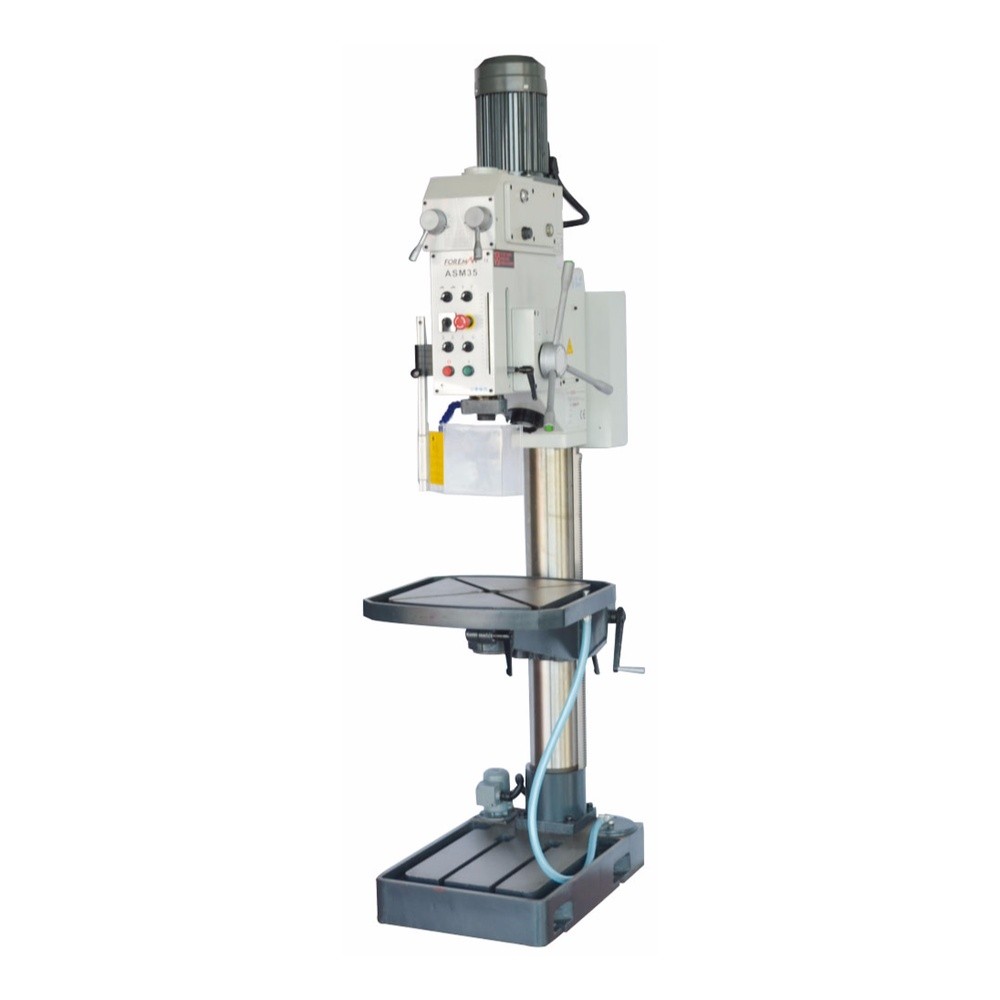
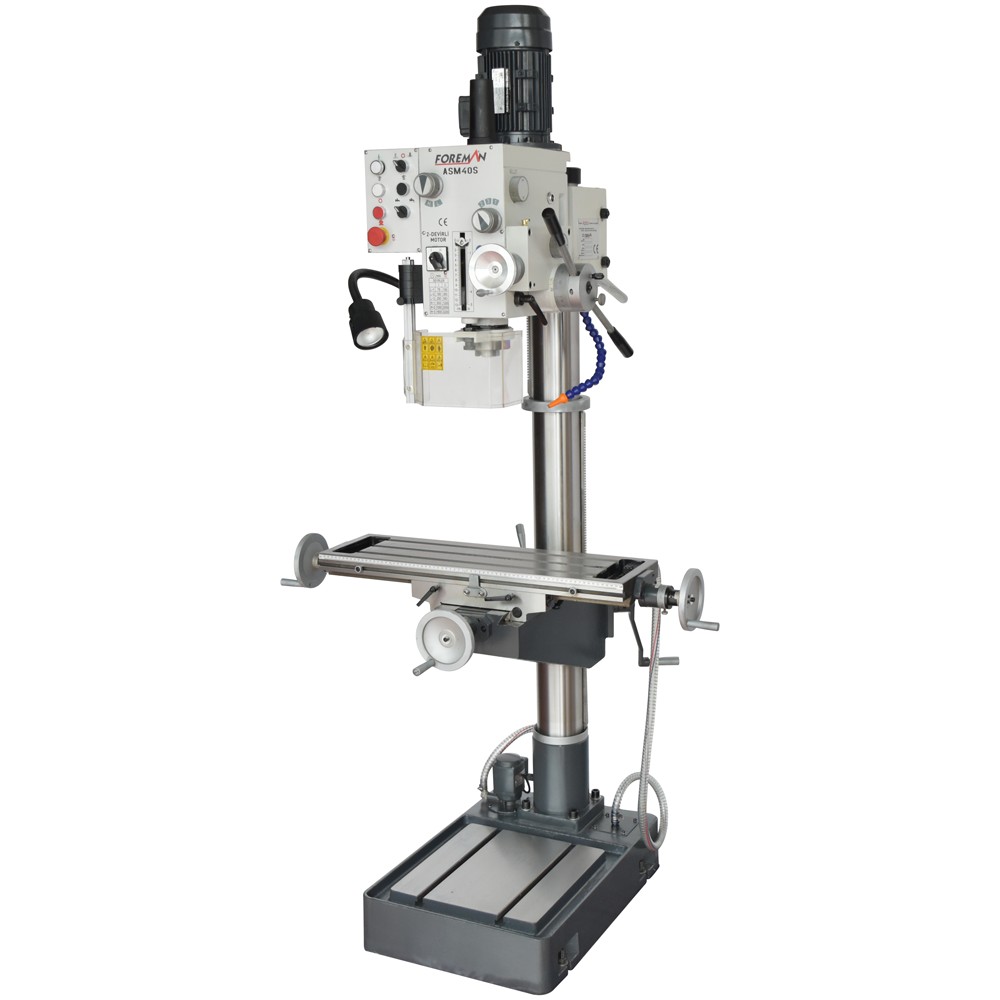
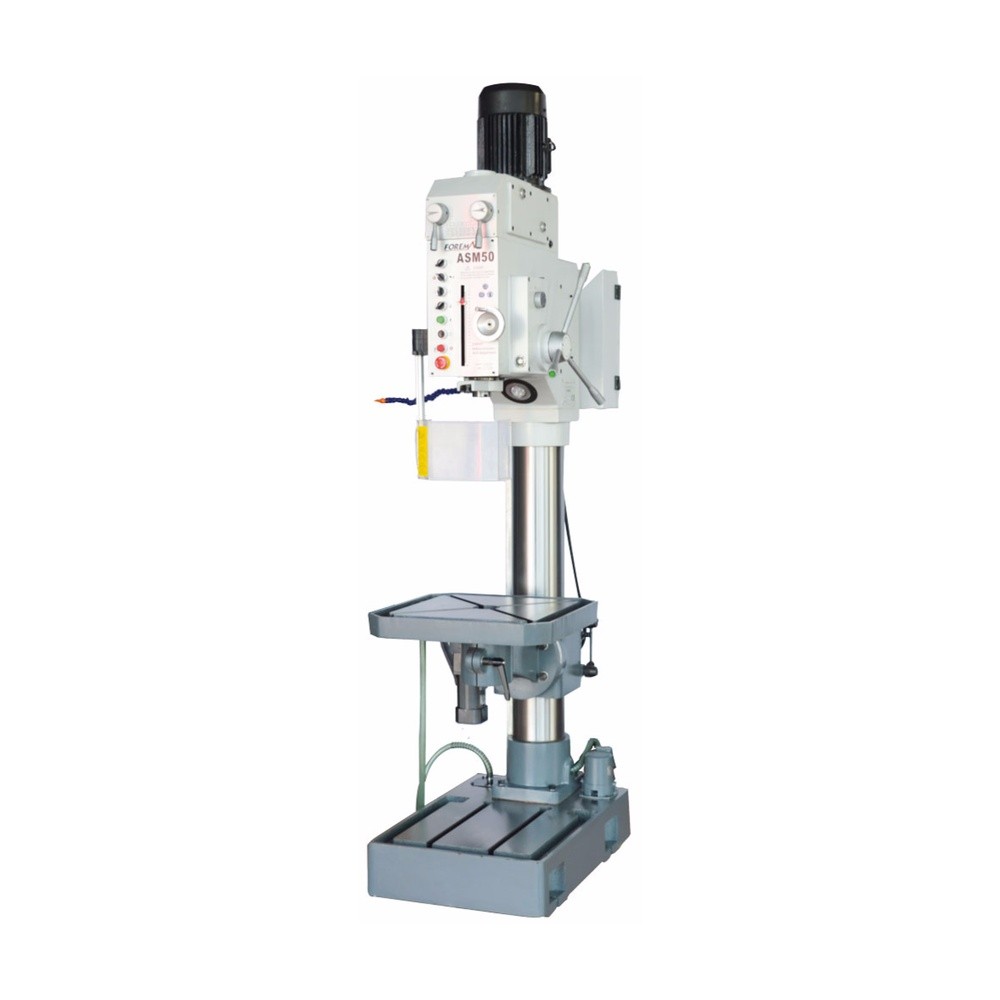
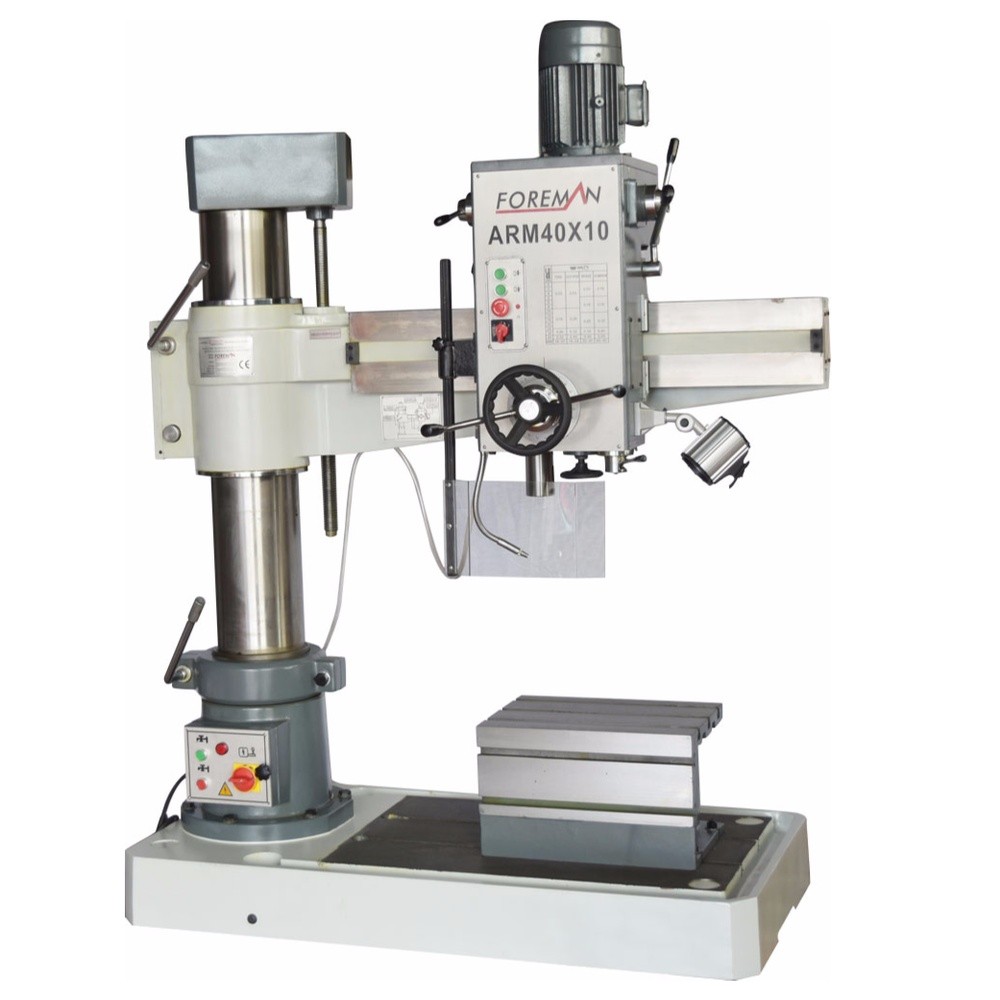
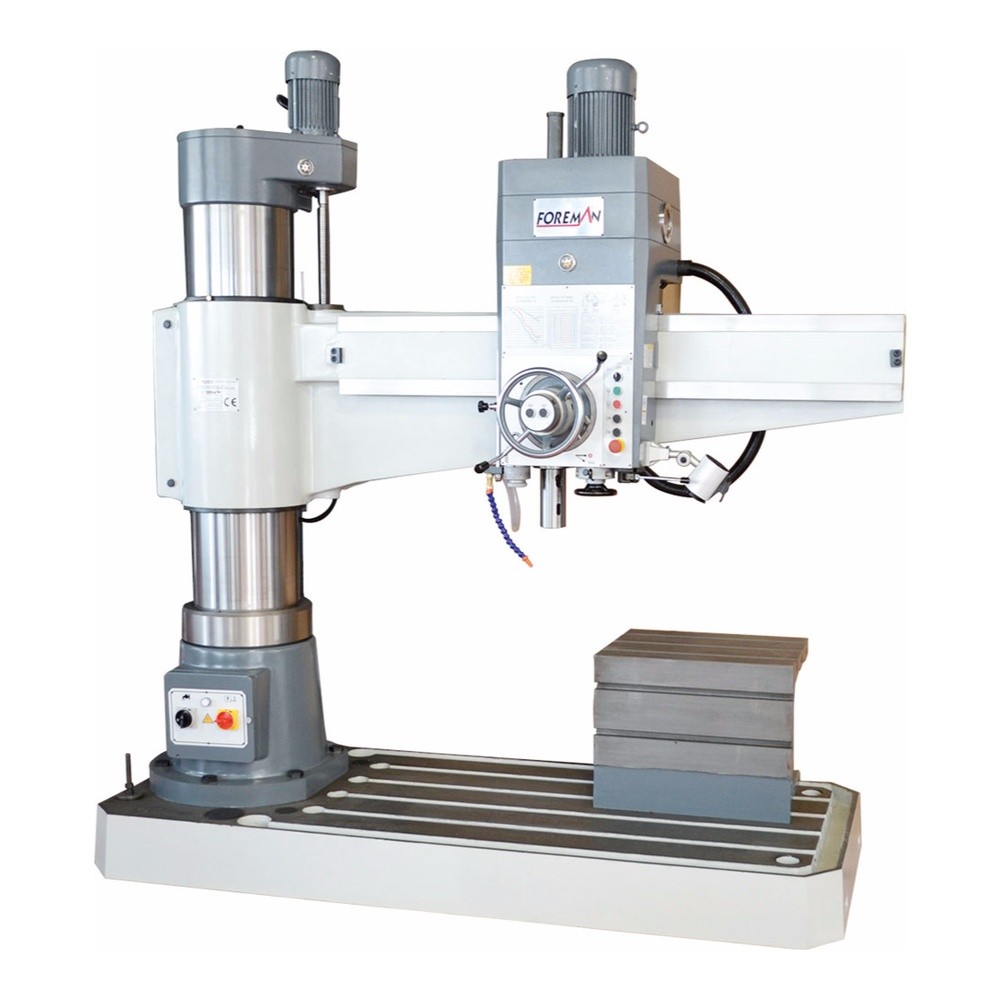
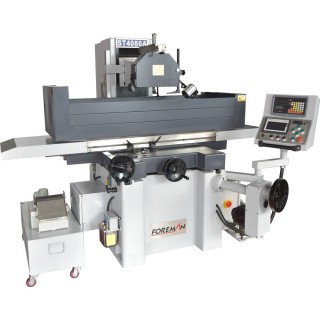
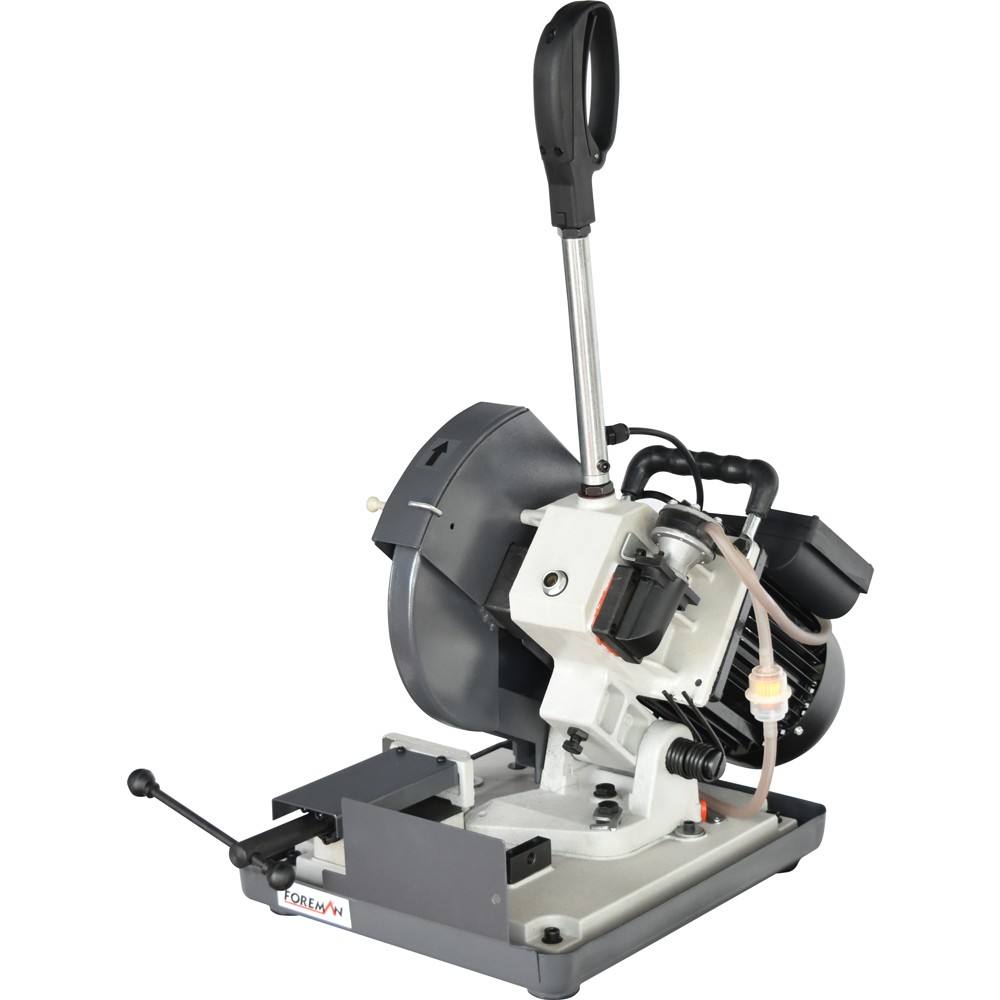
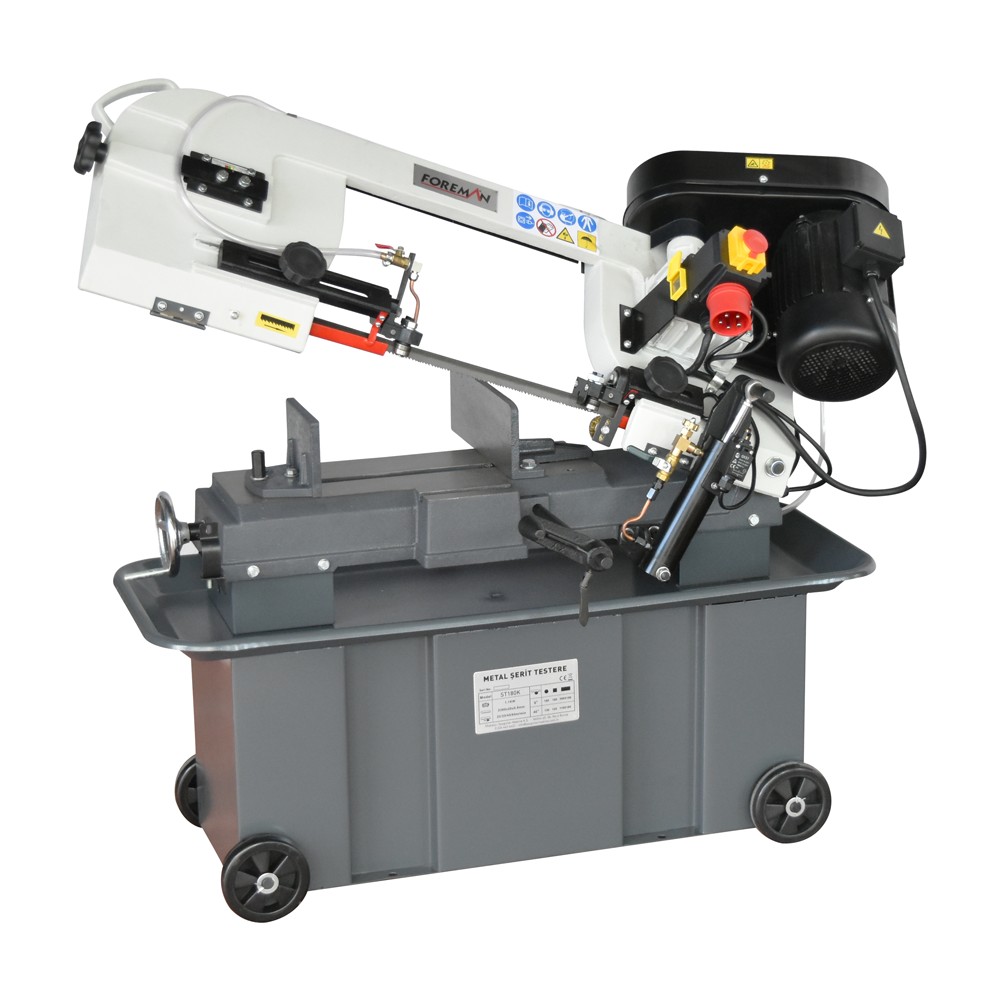
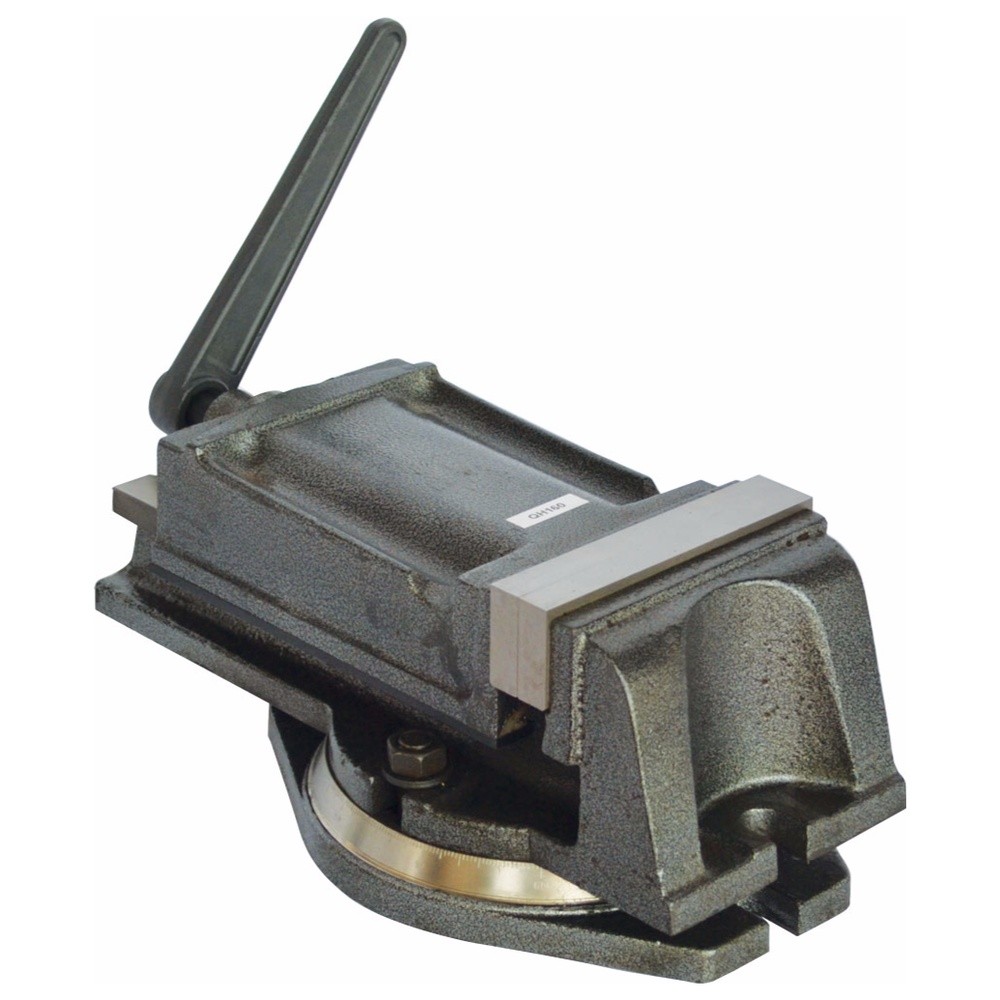
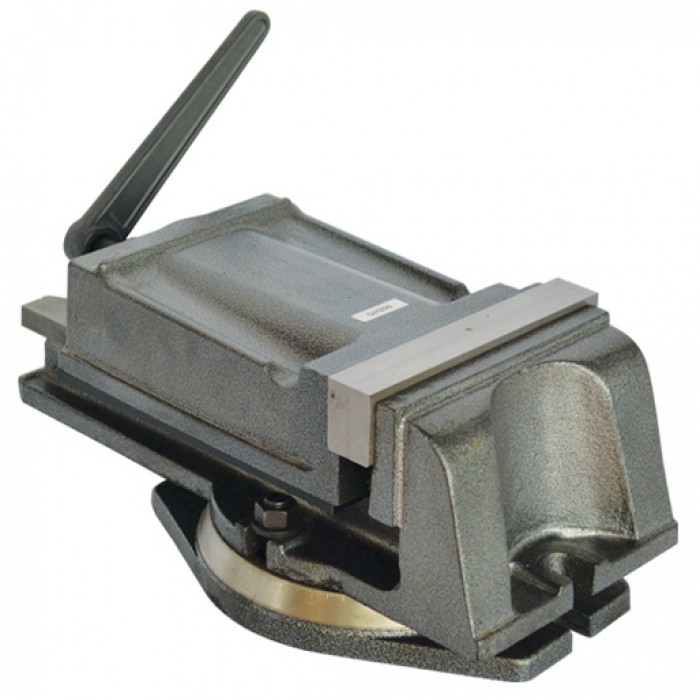
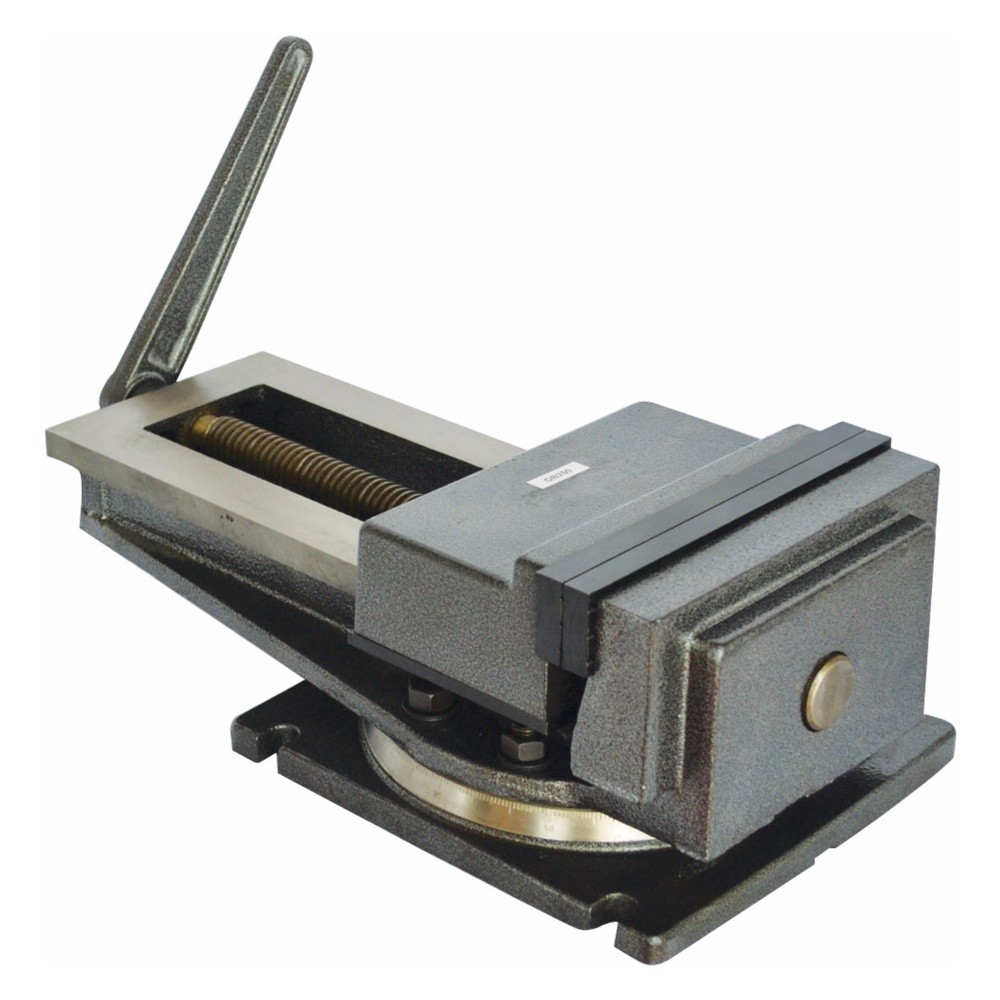
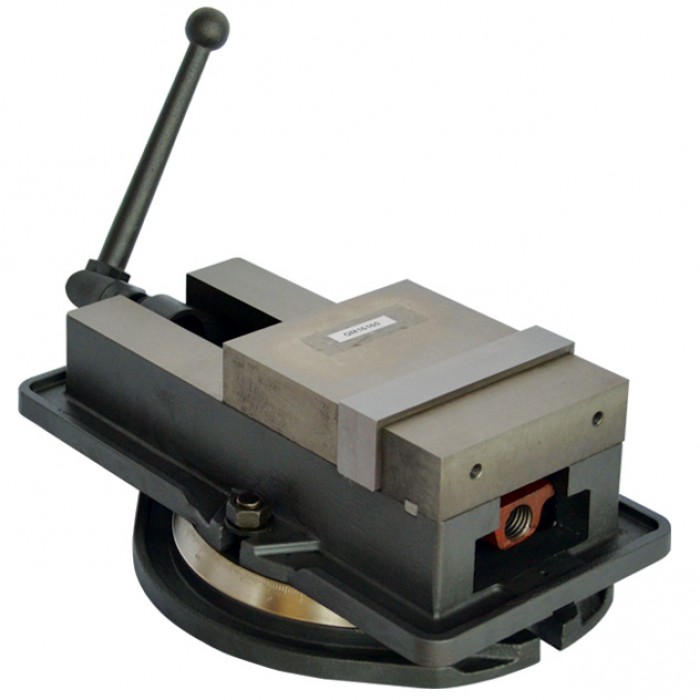
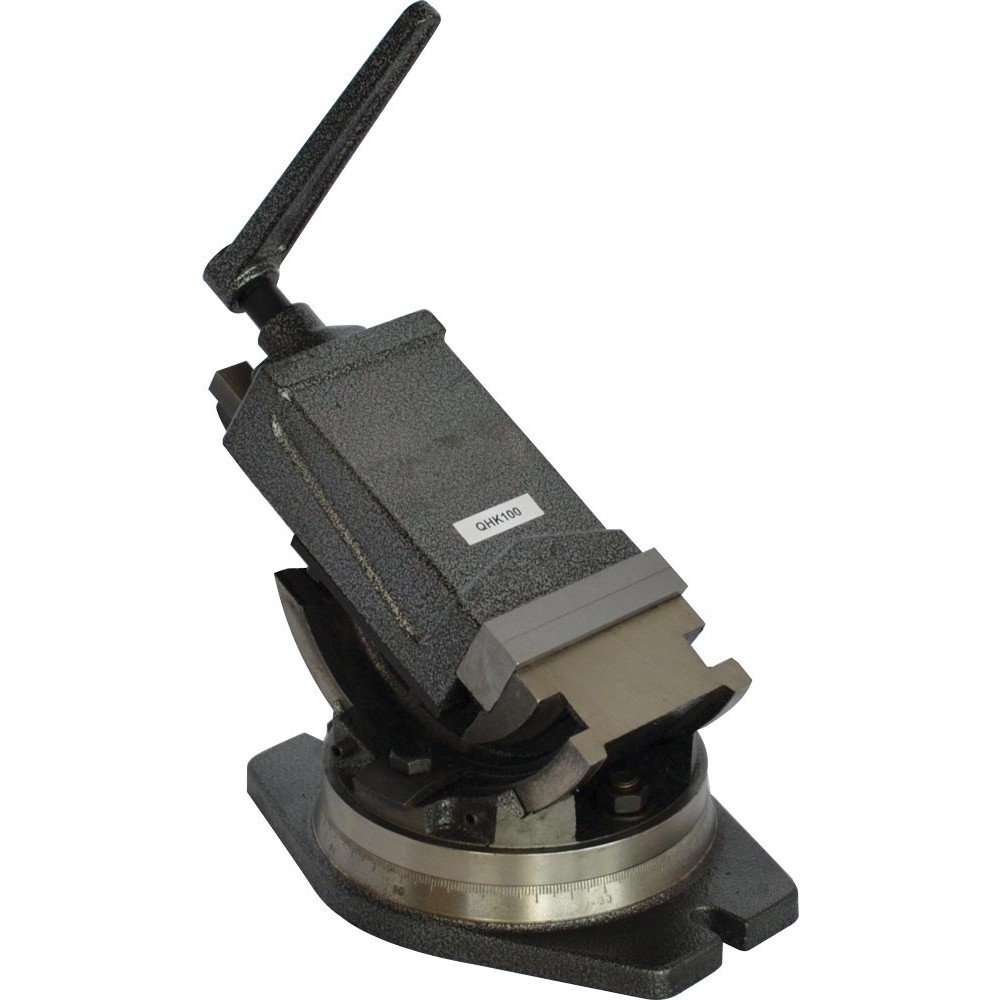
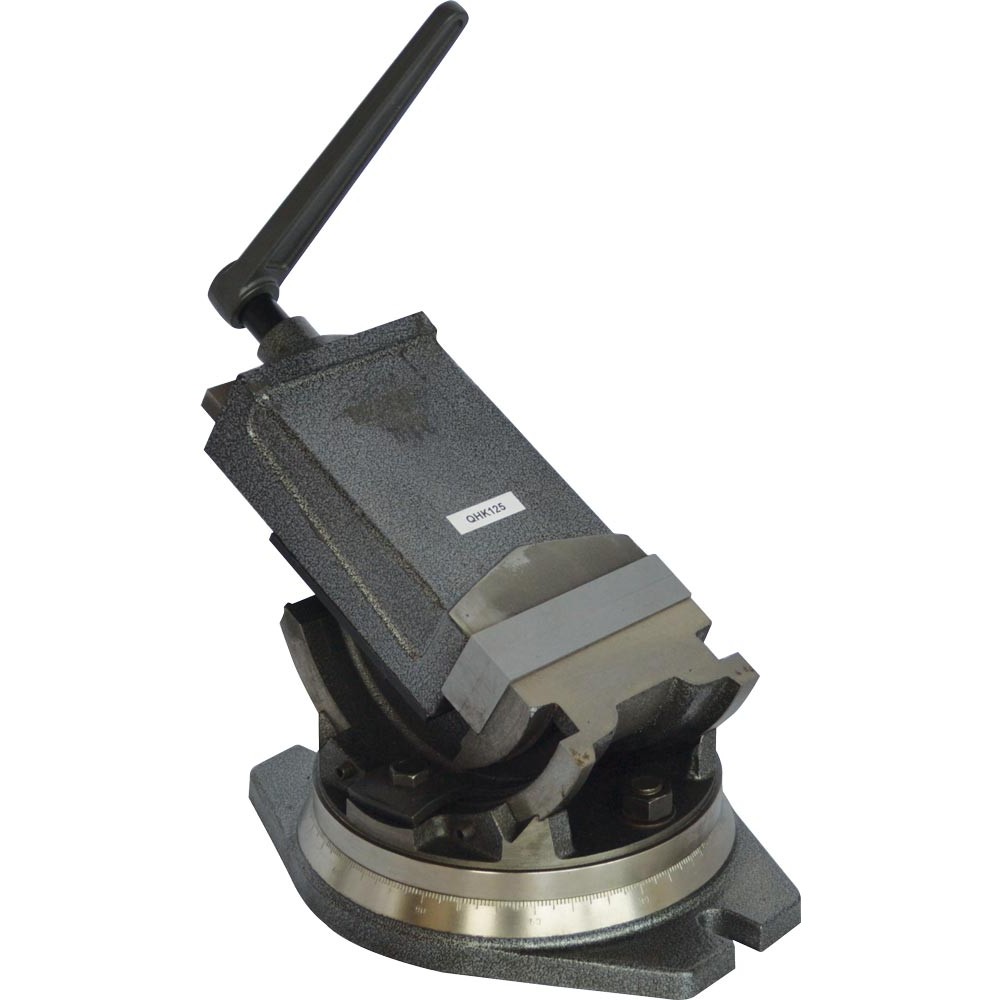
_zkmmzopp1k.jpg)
